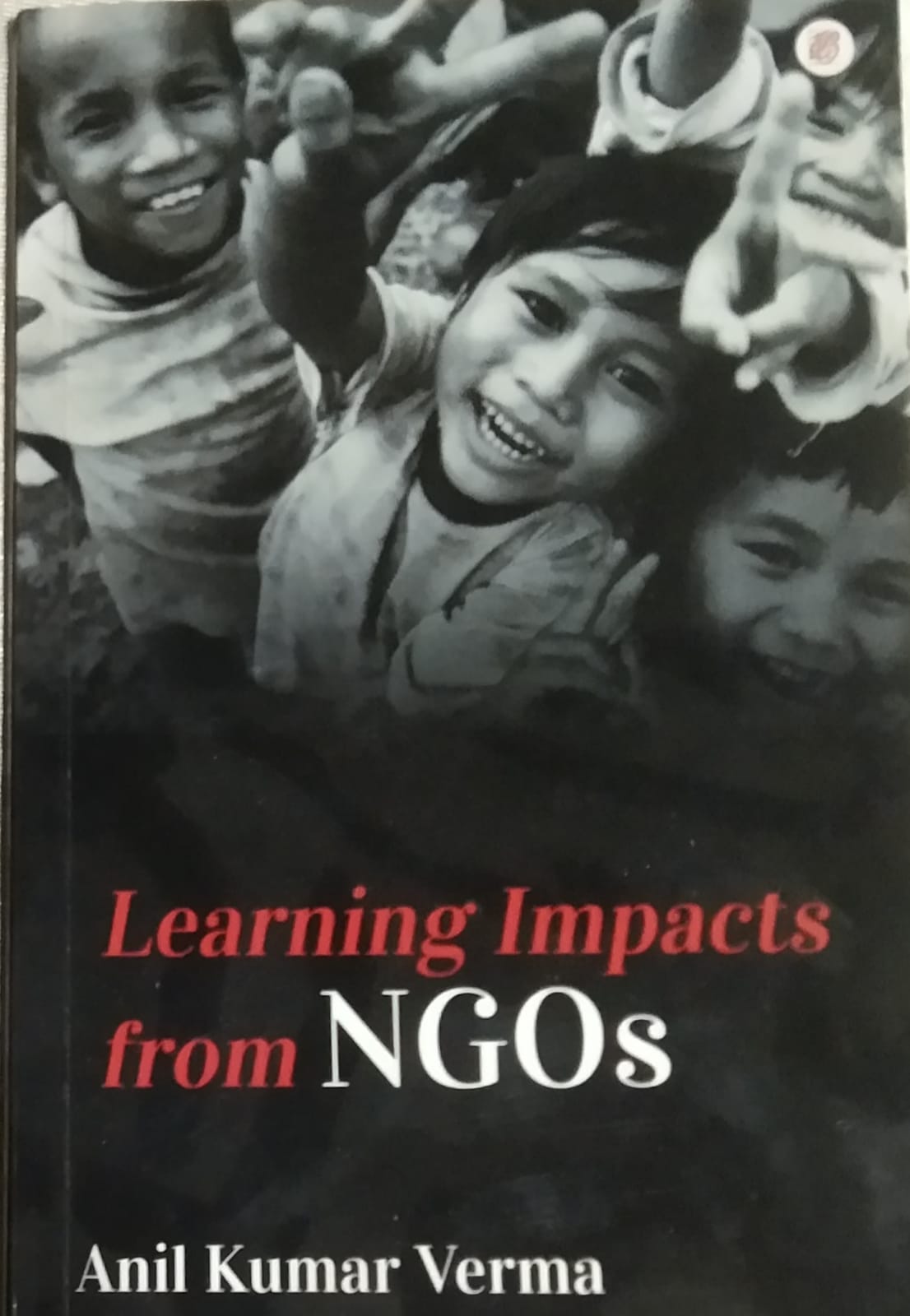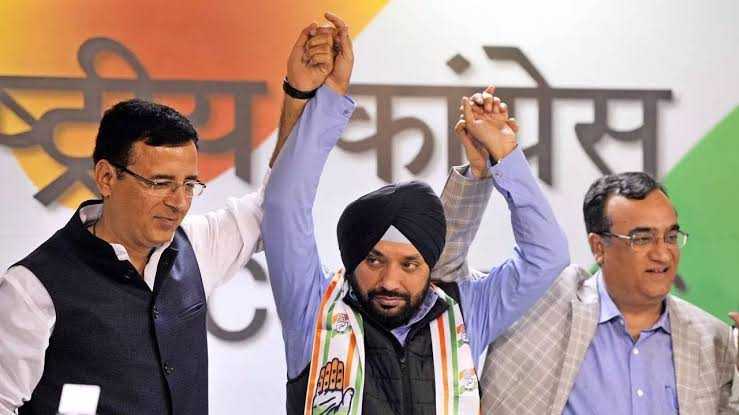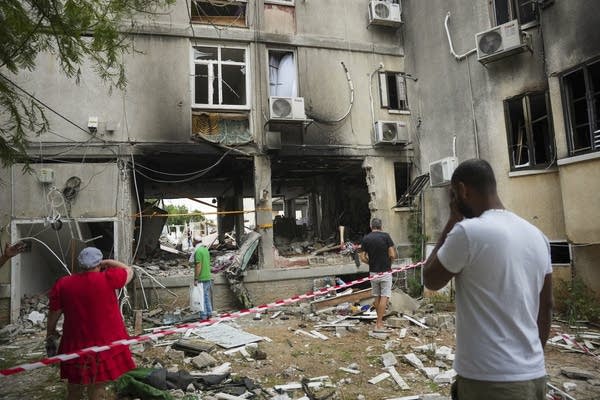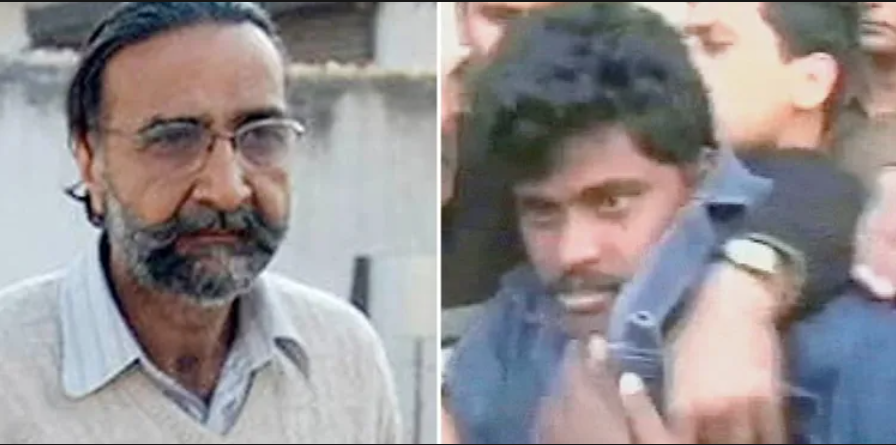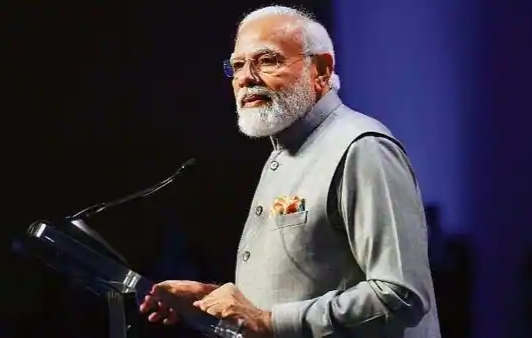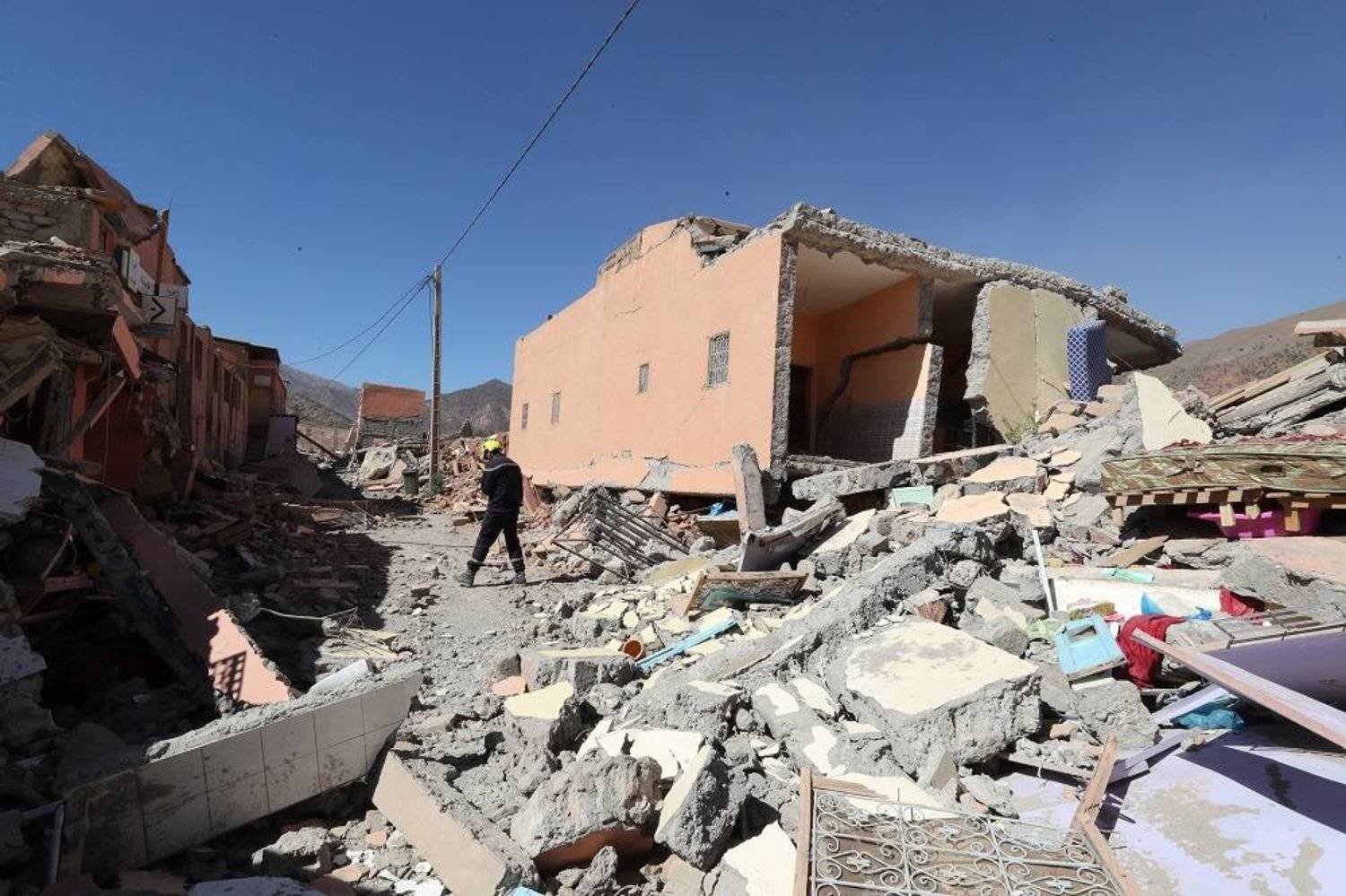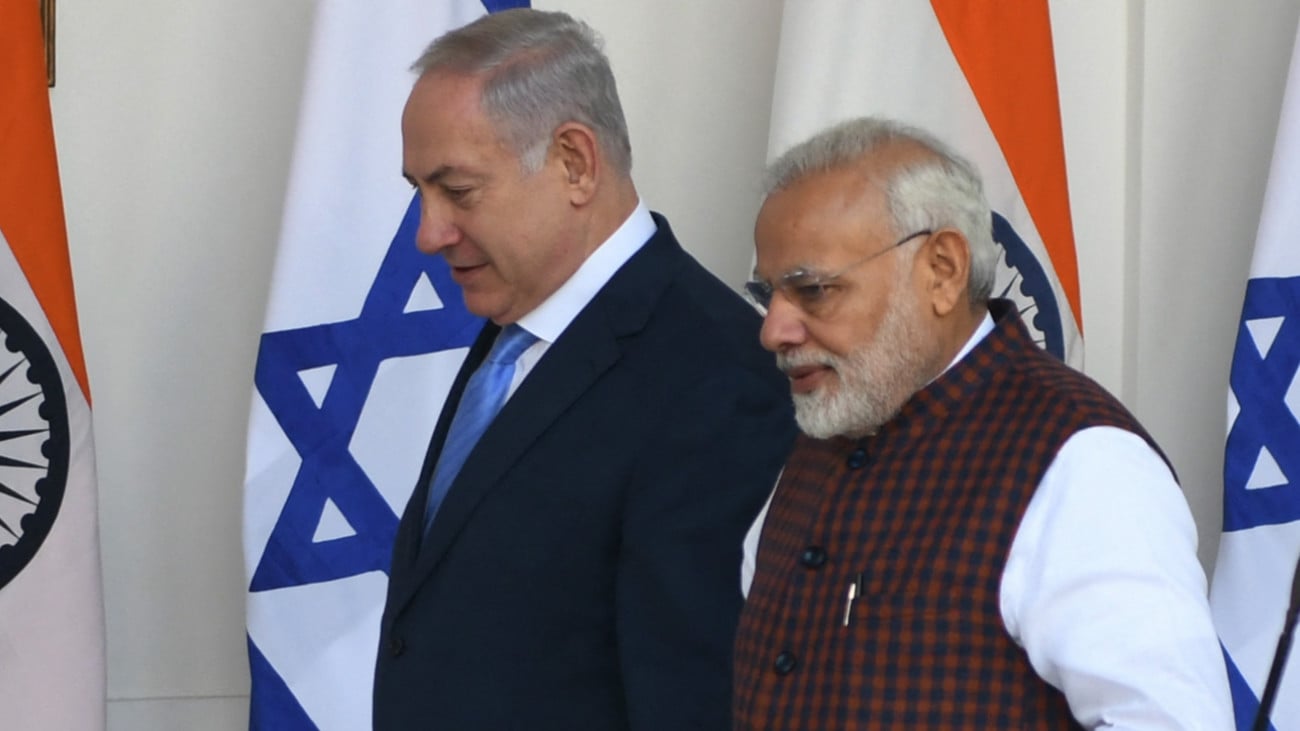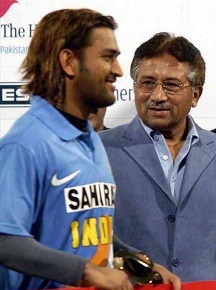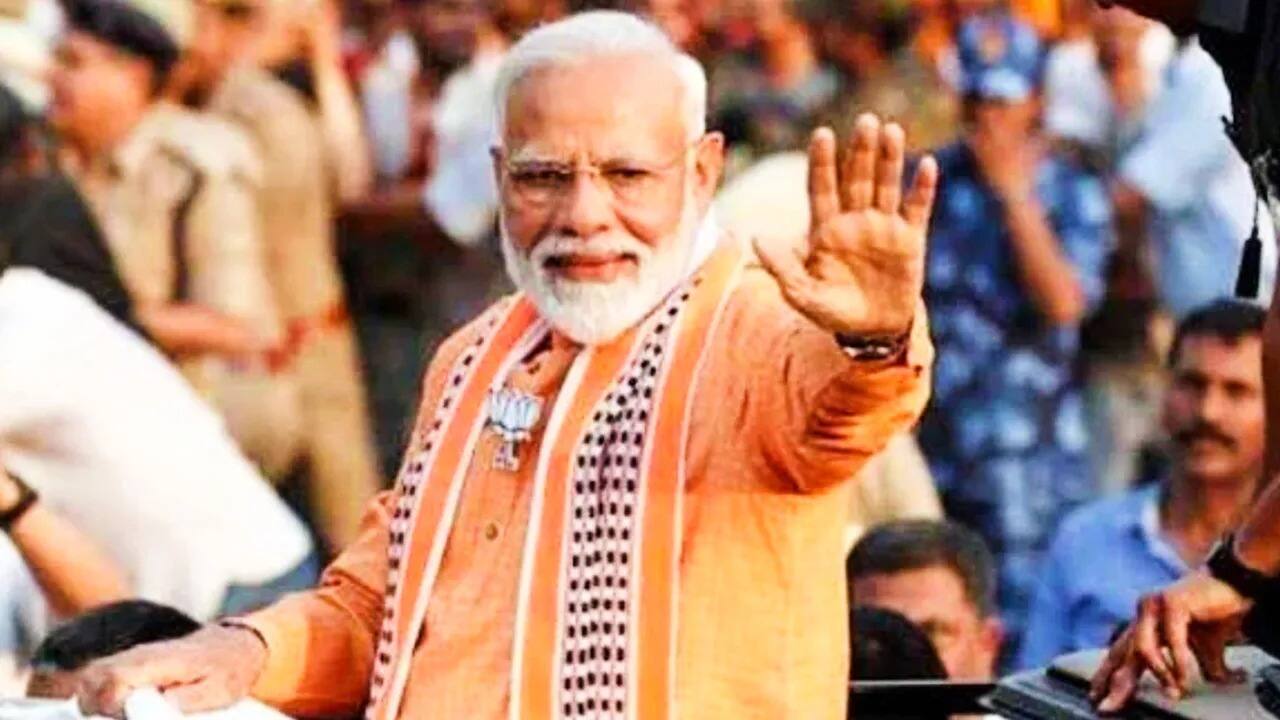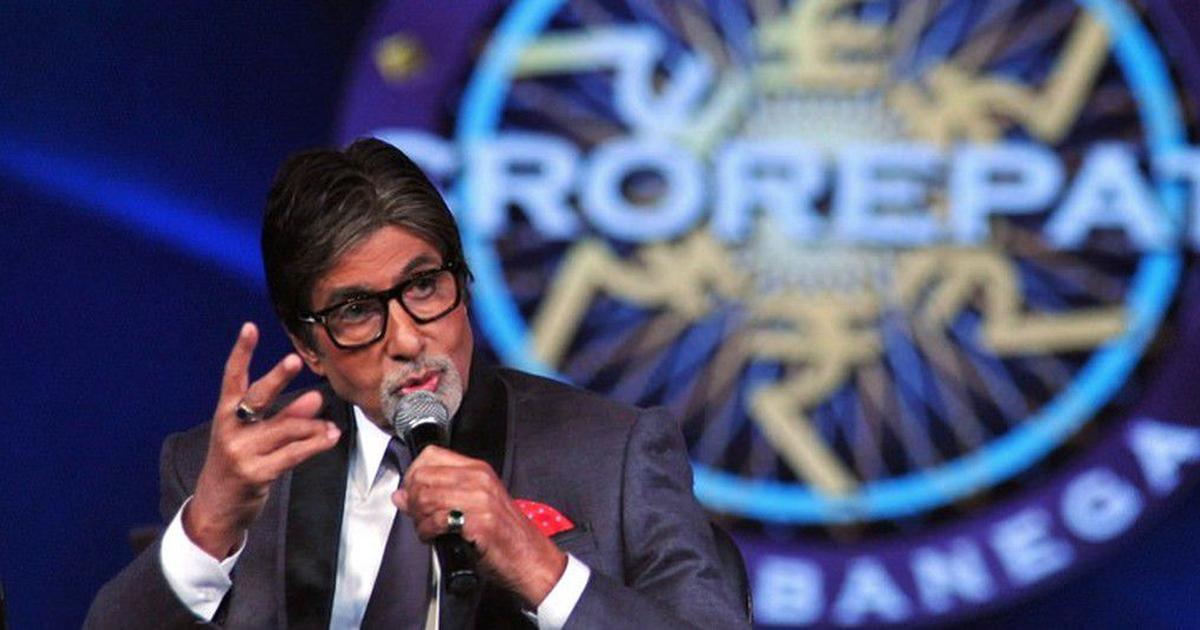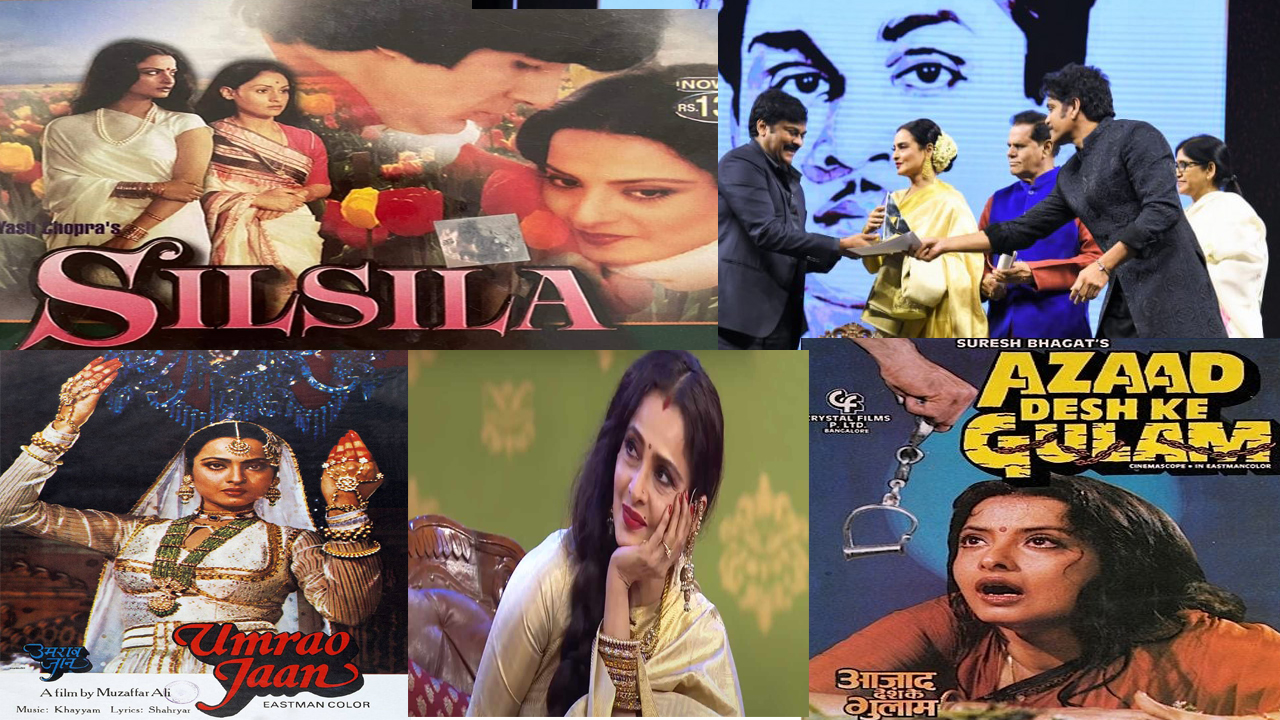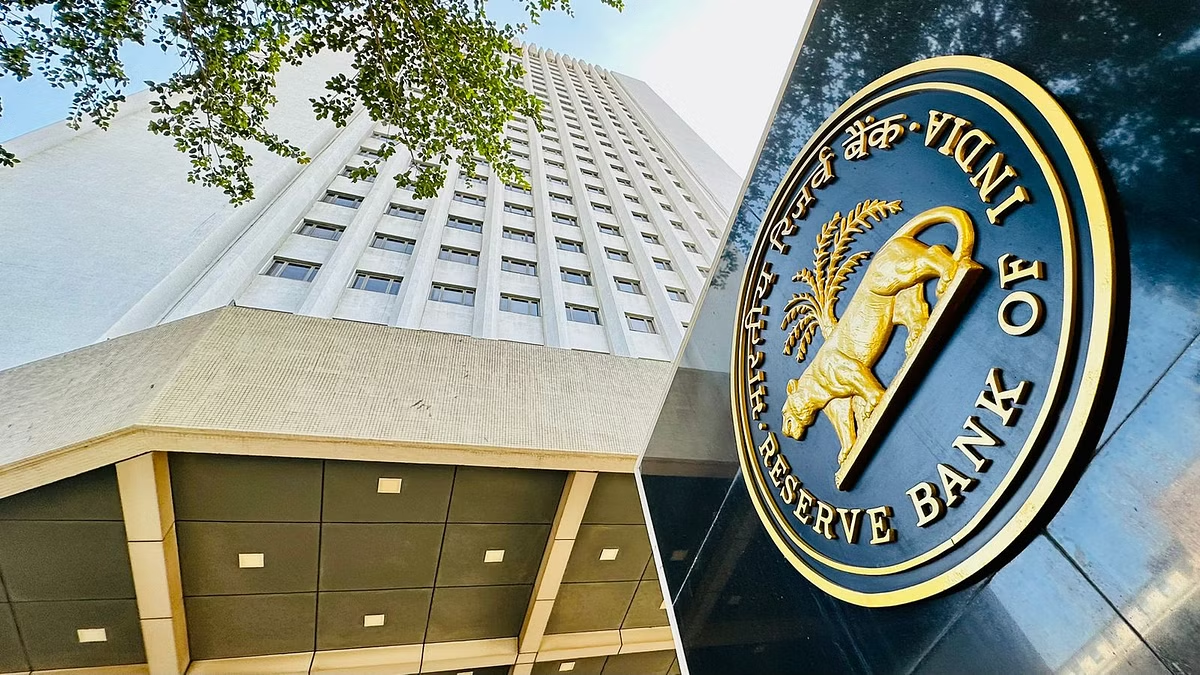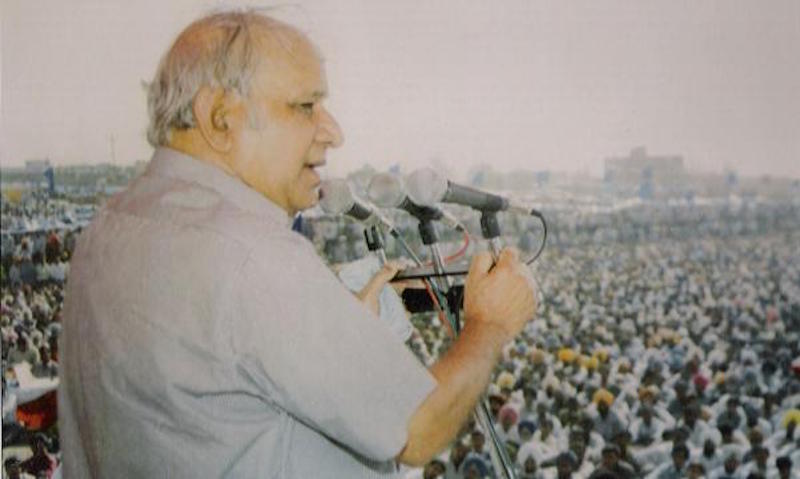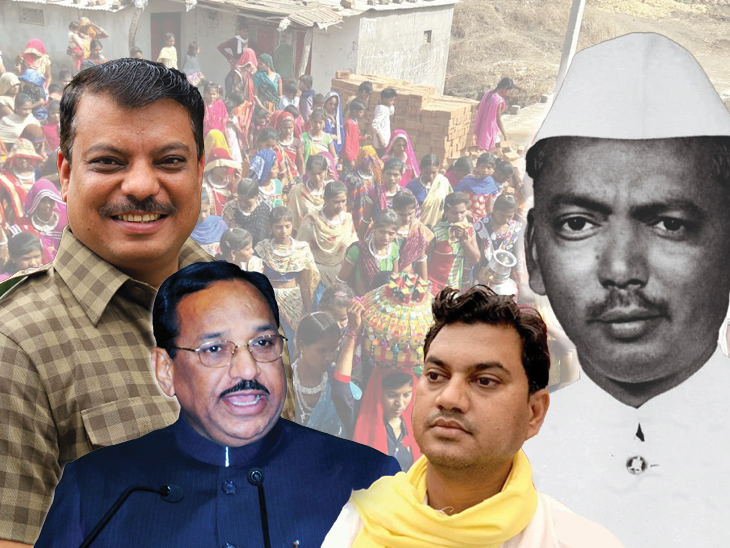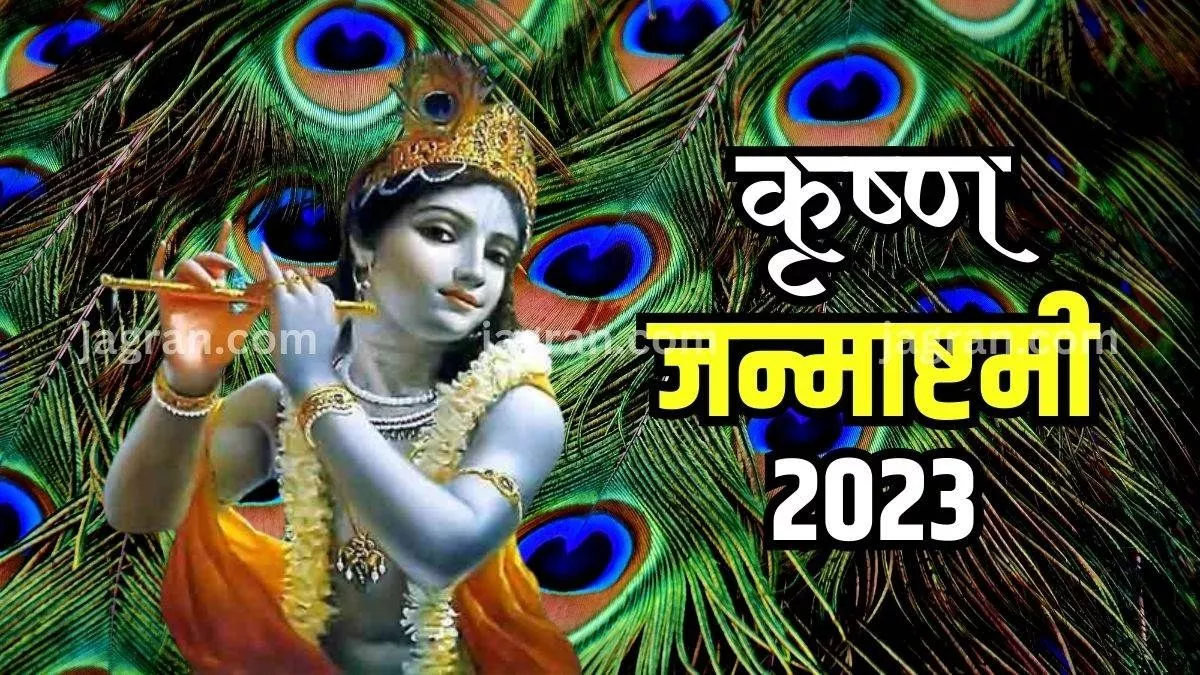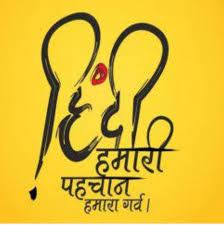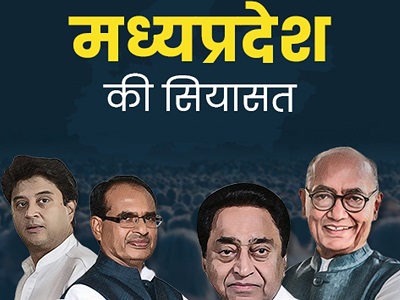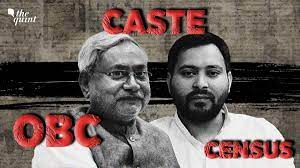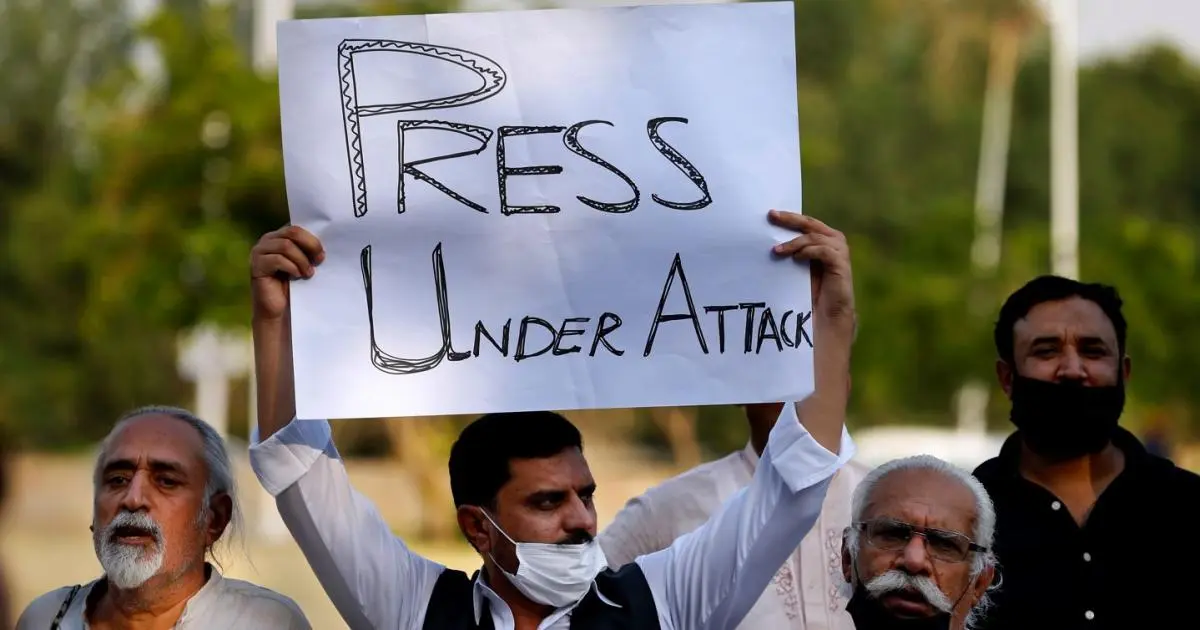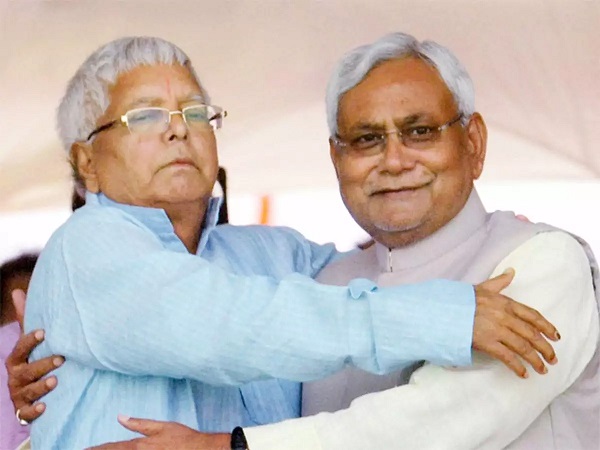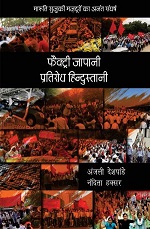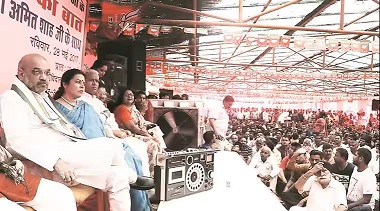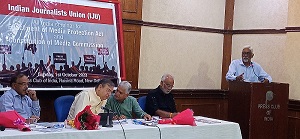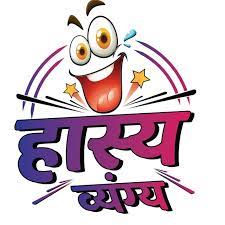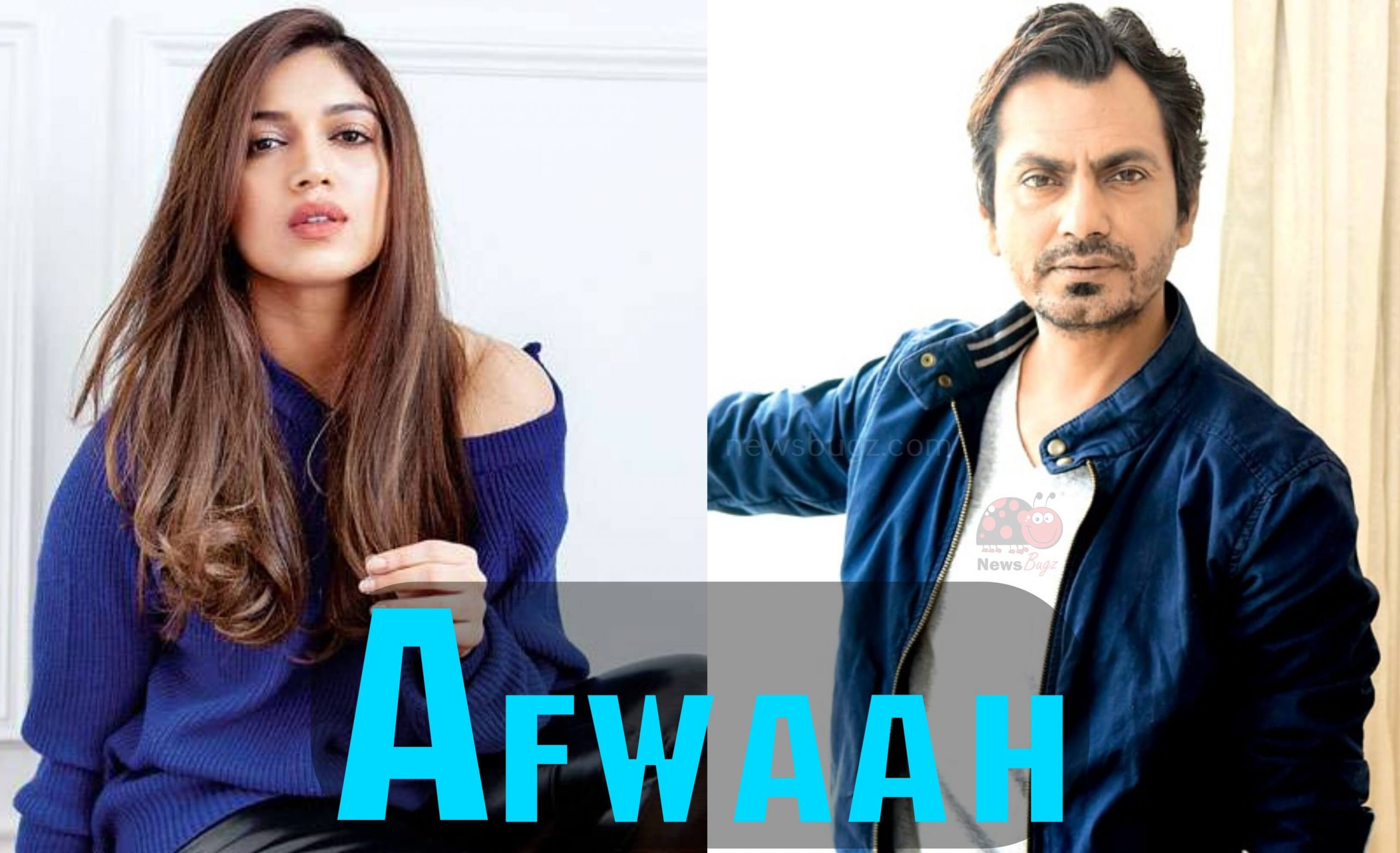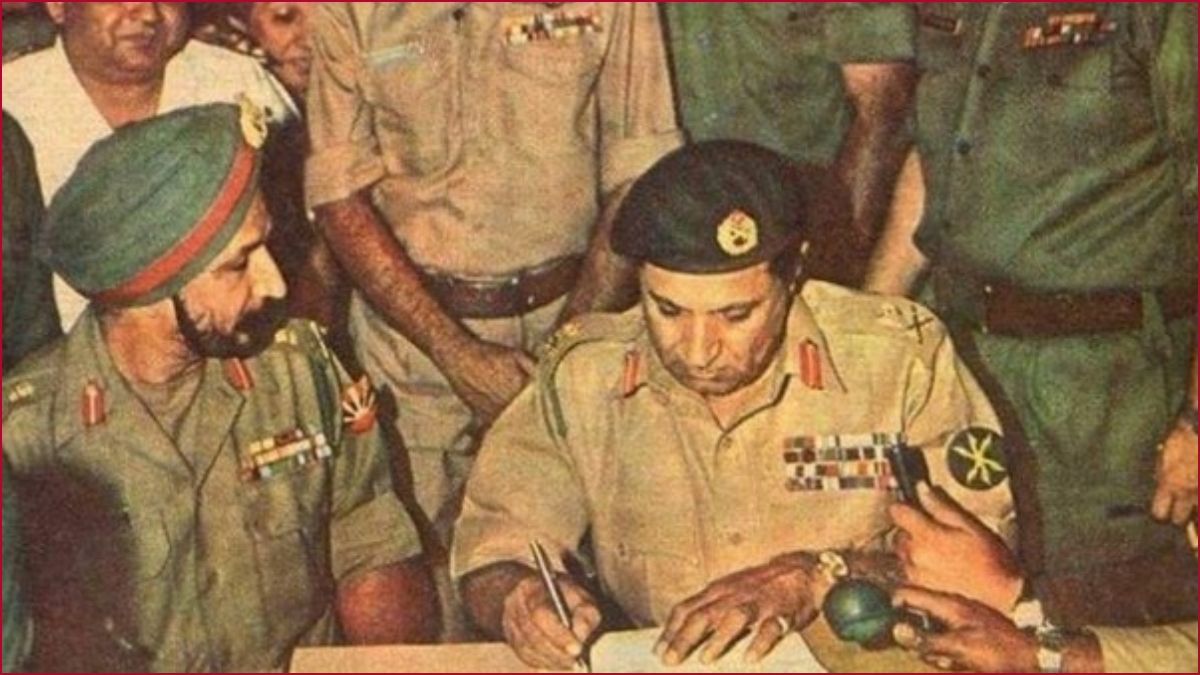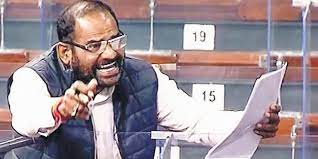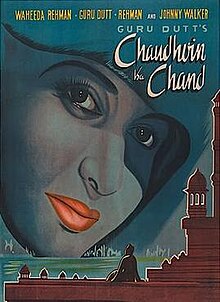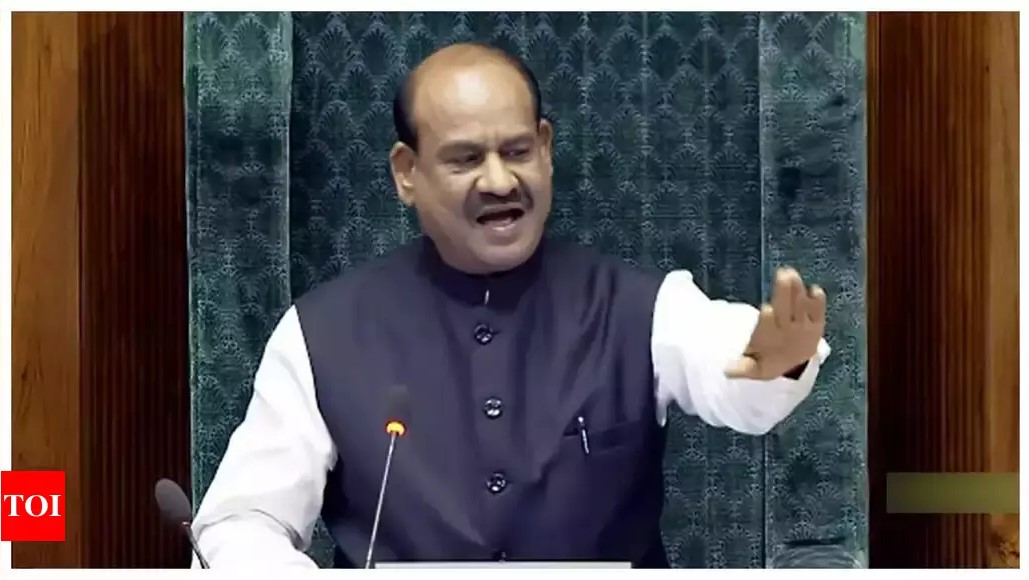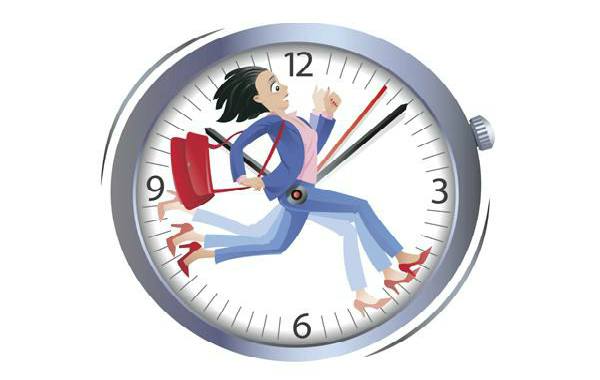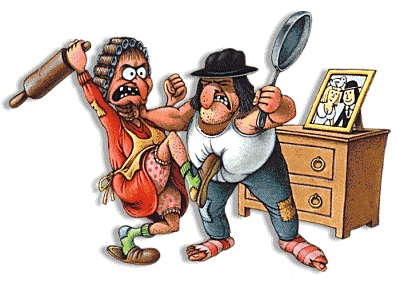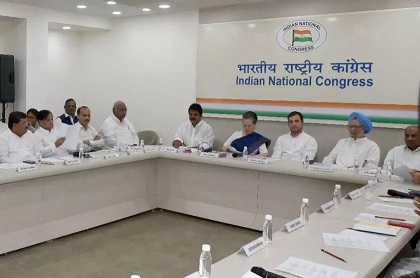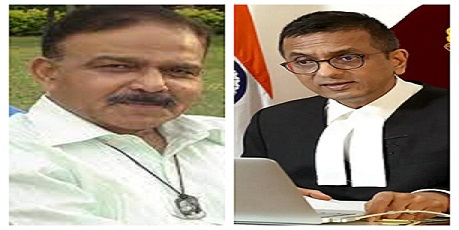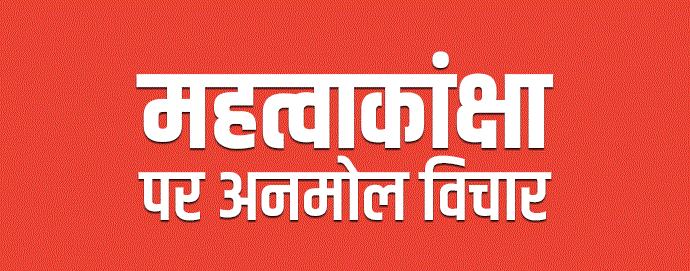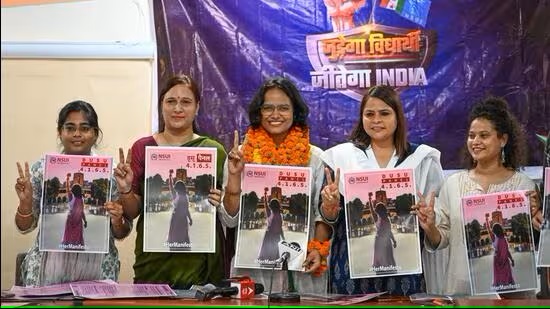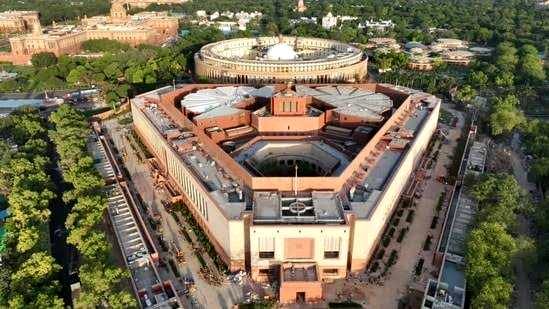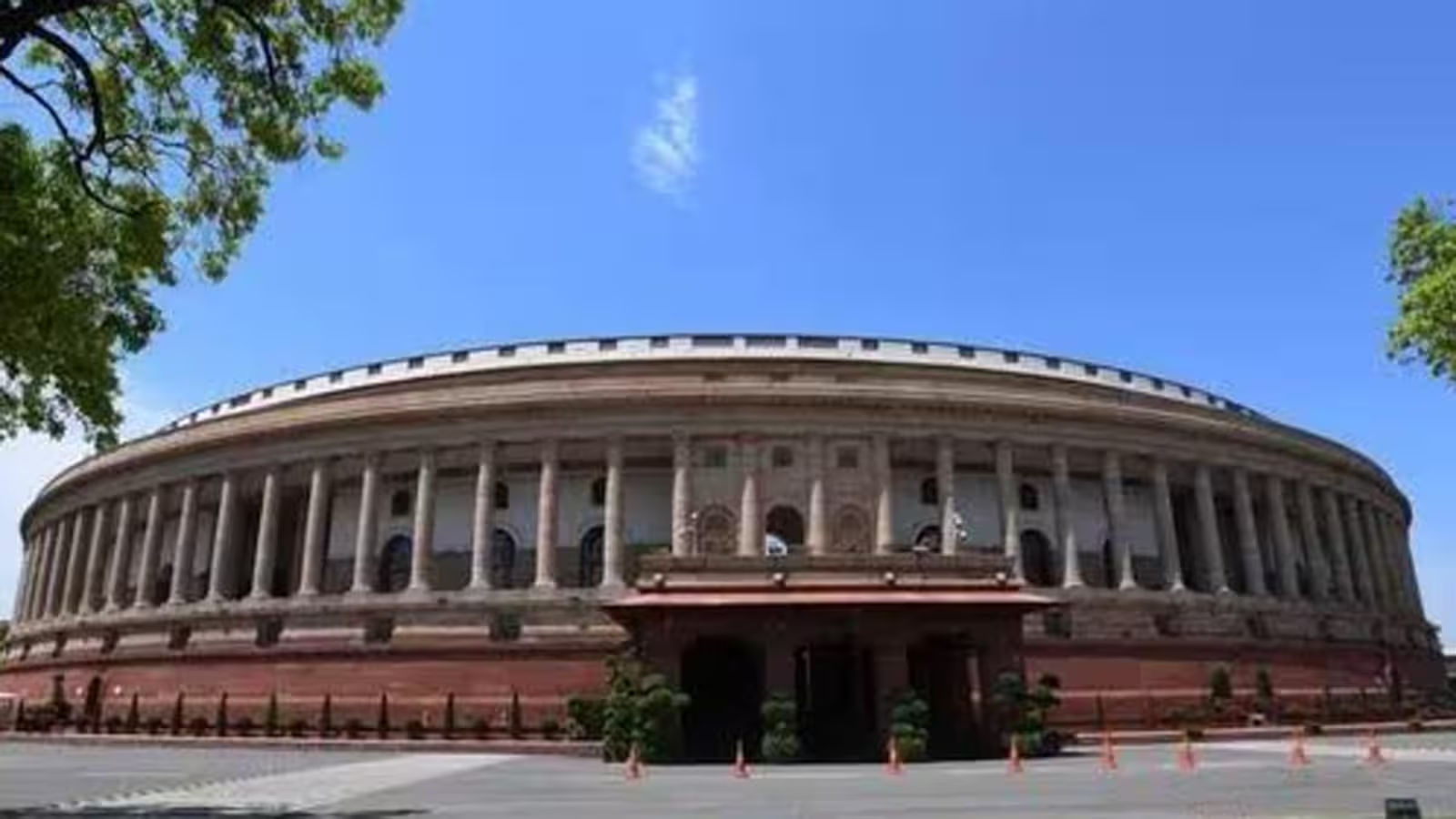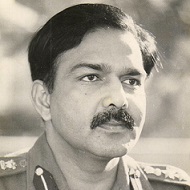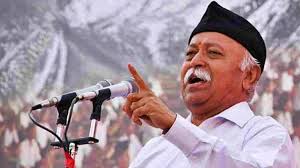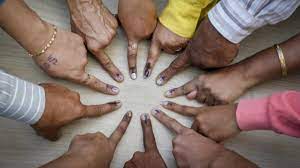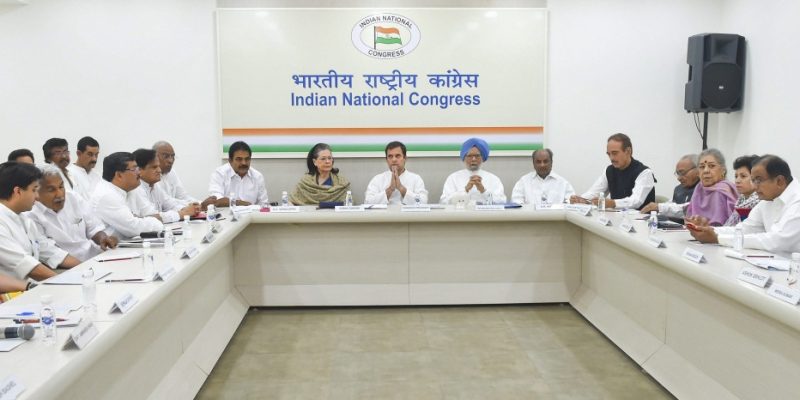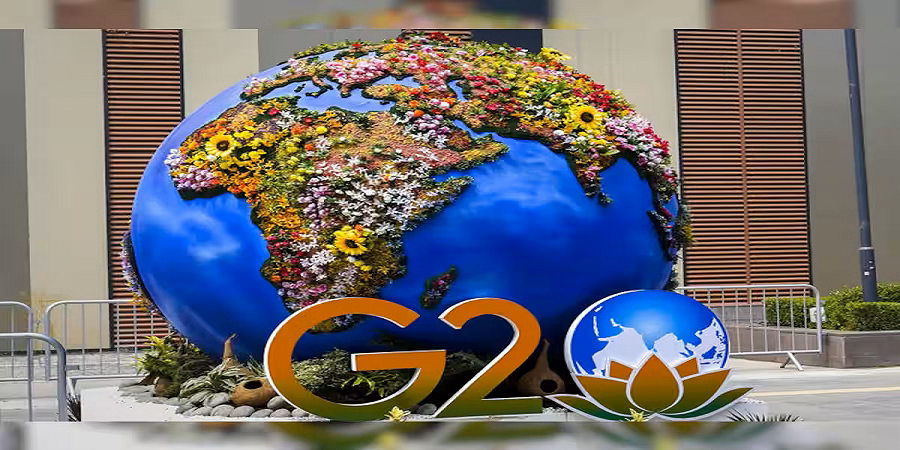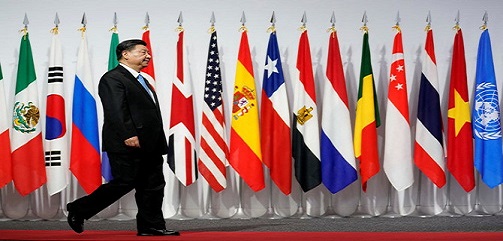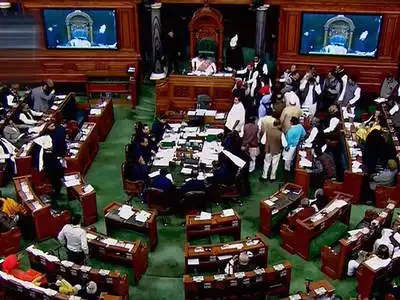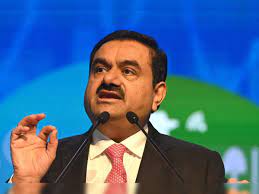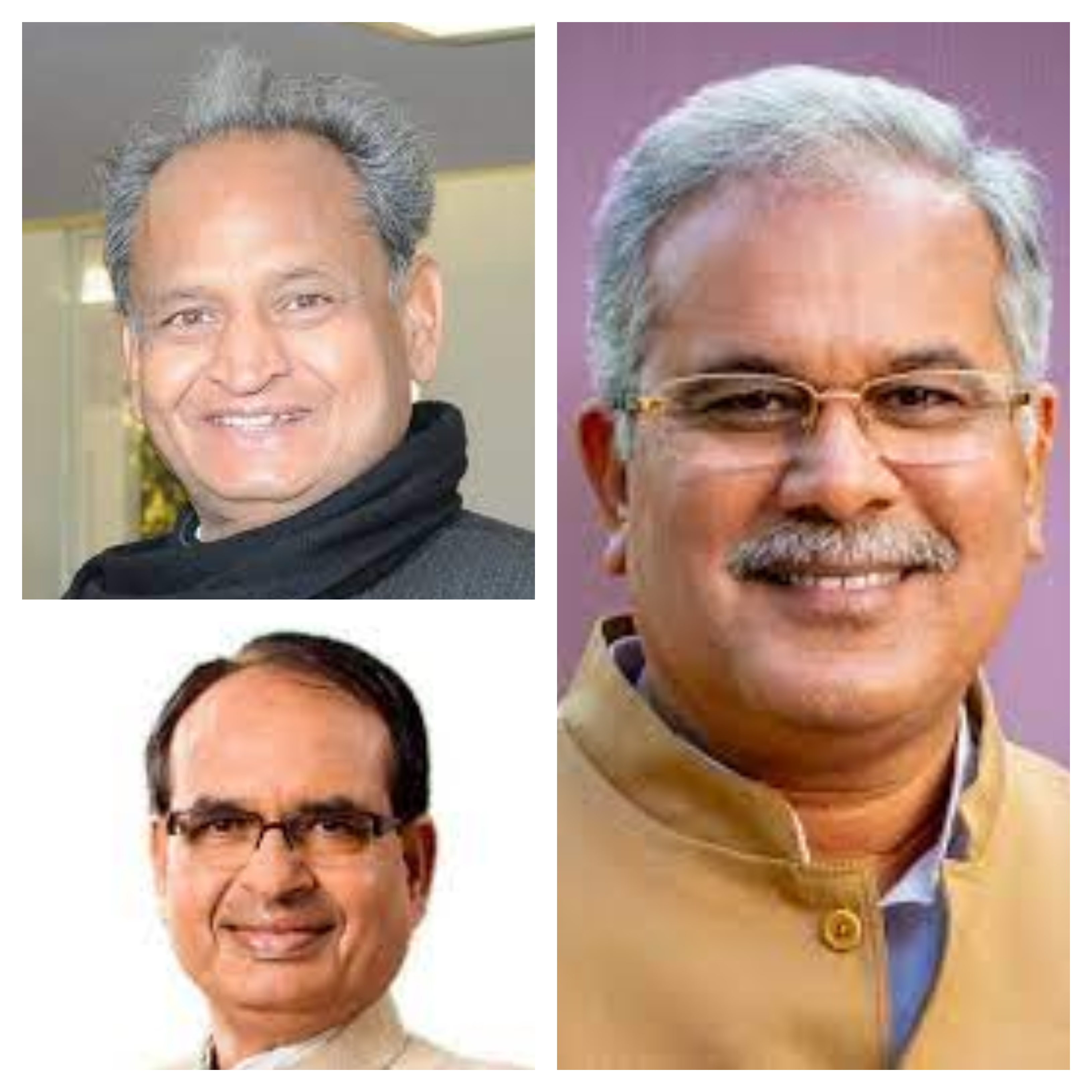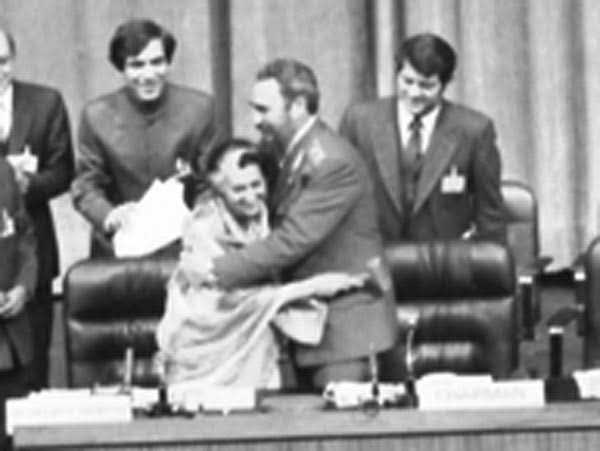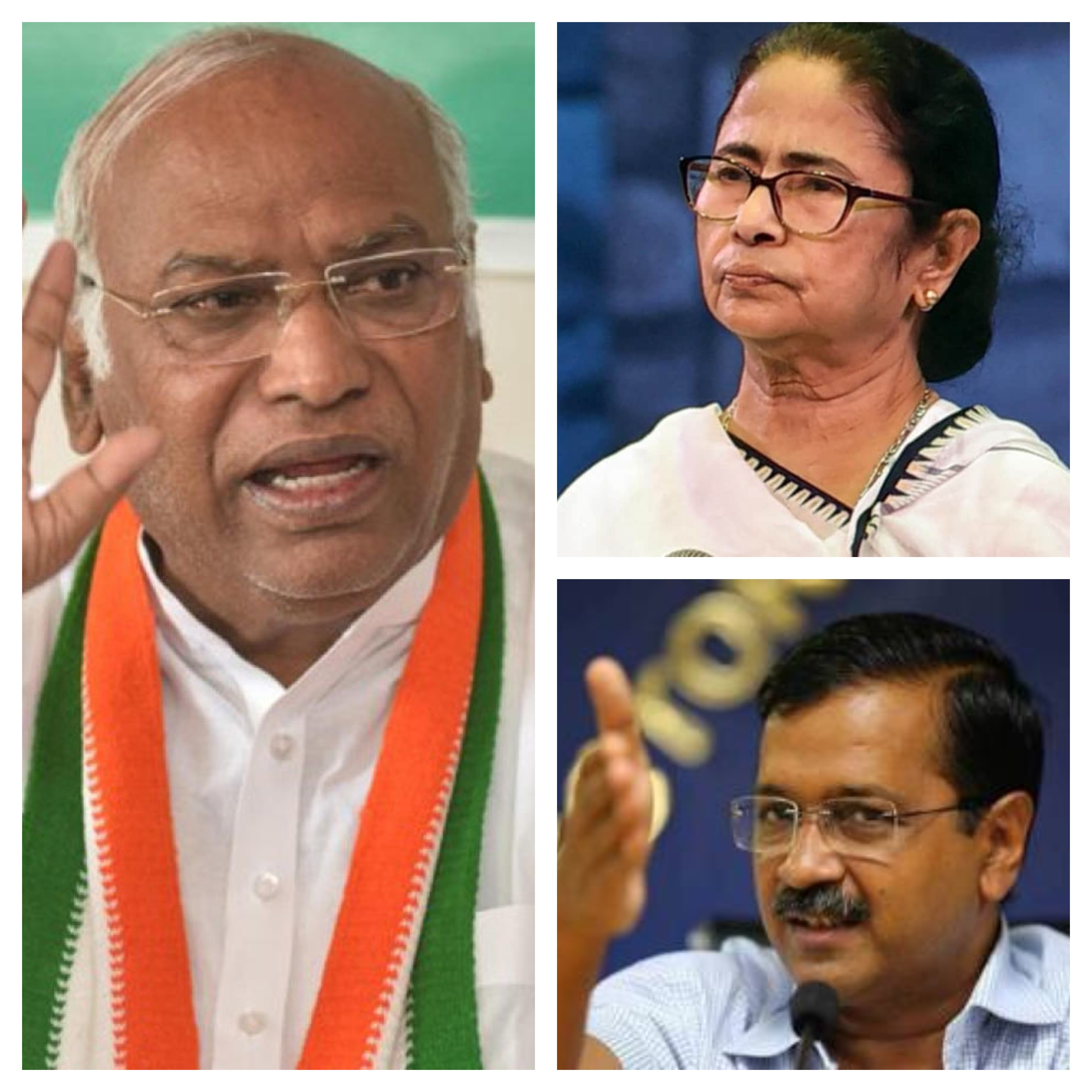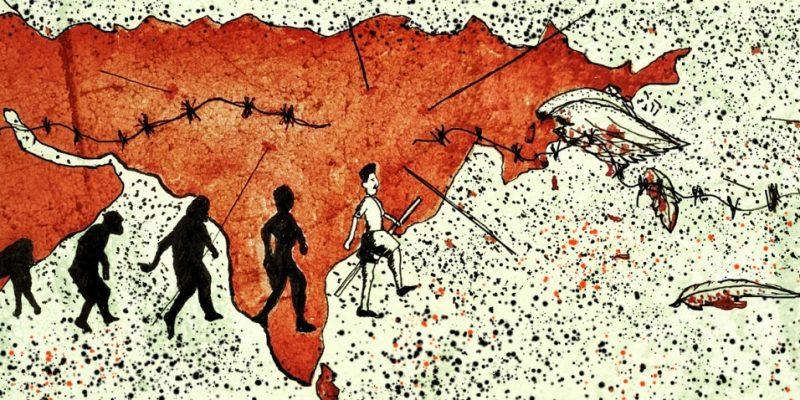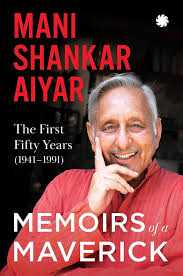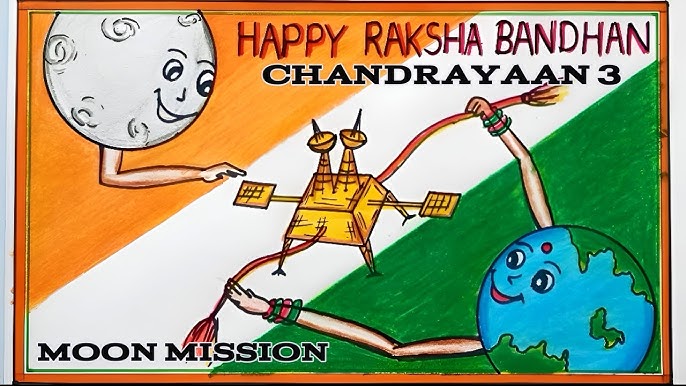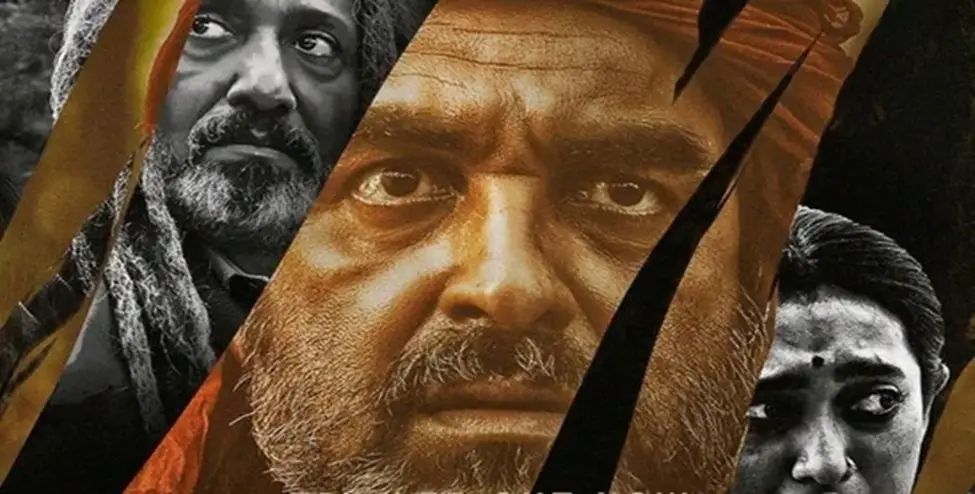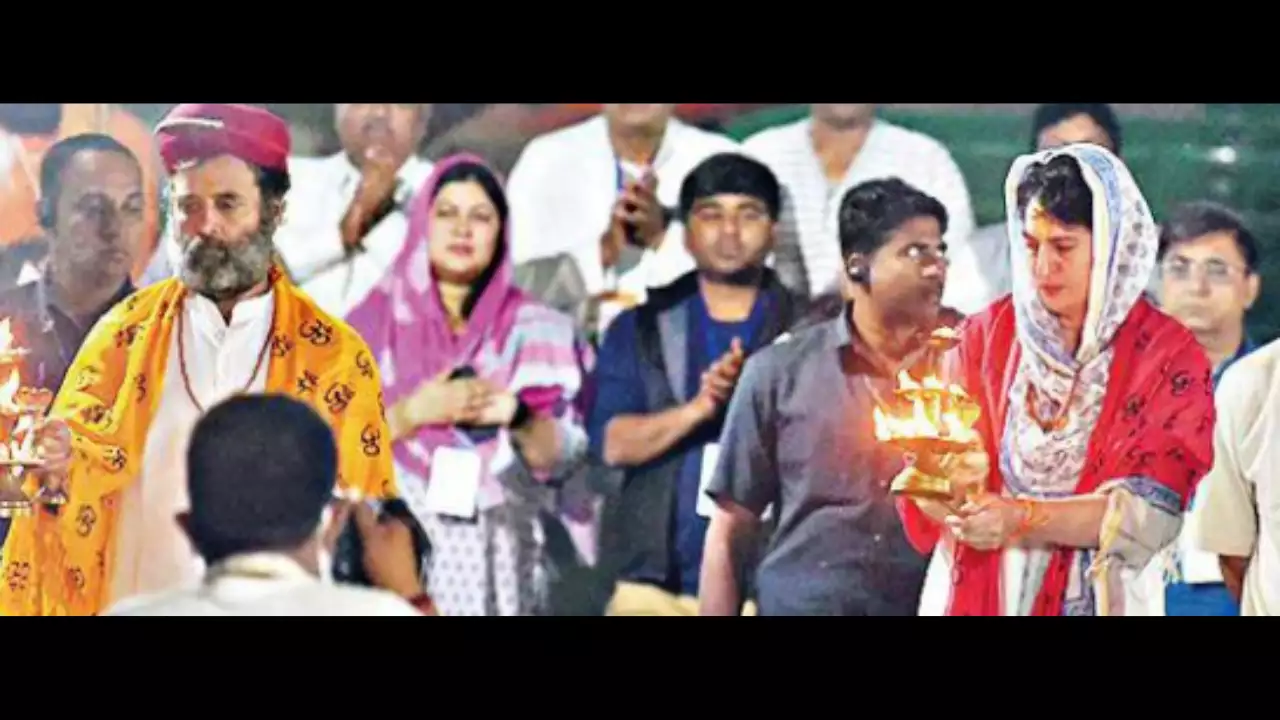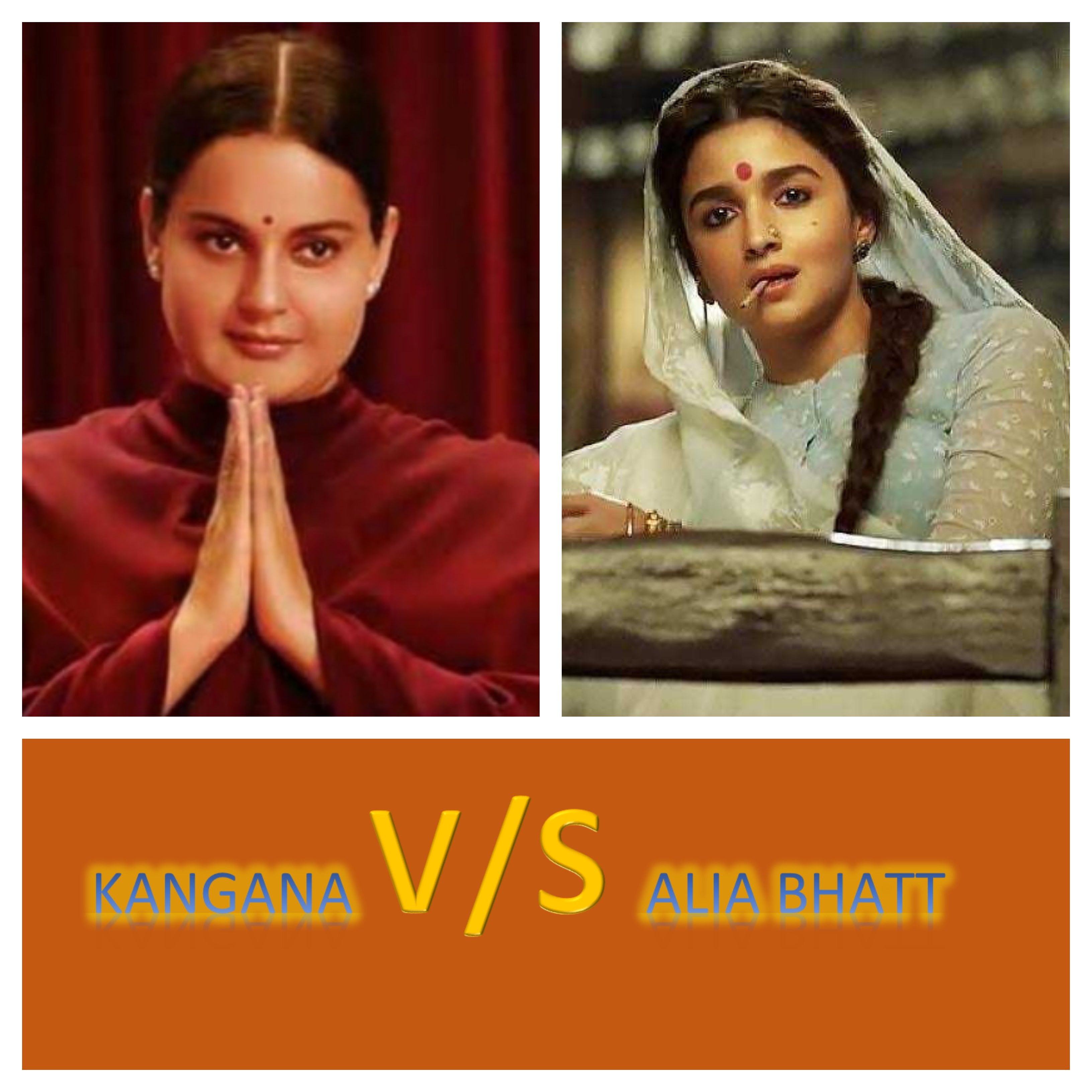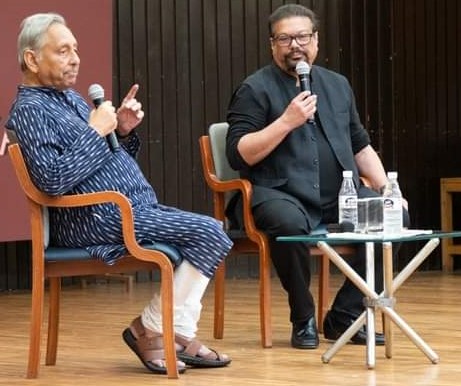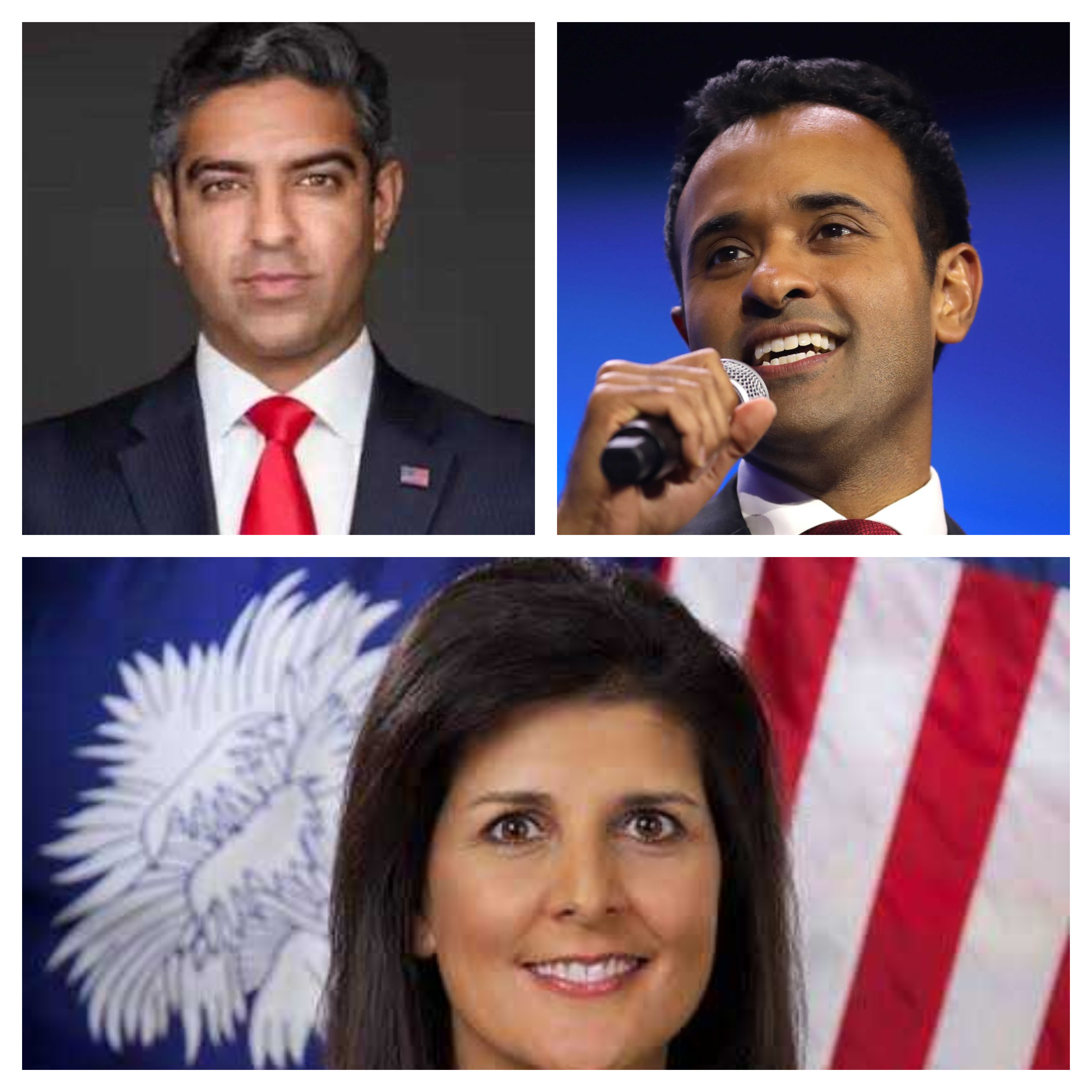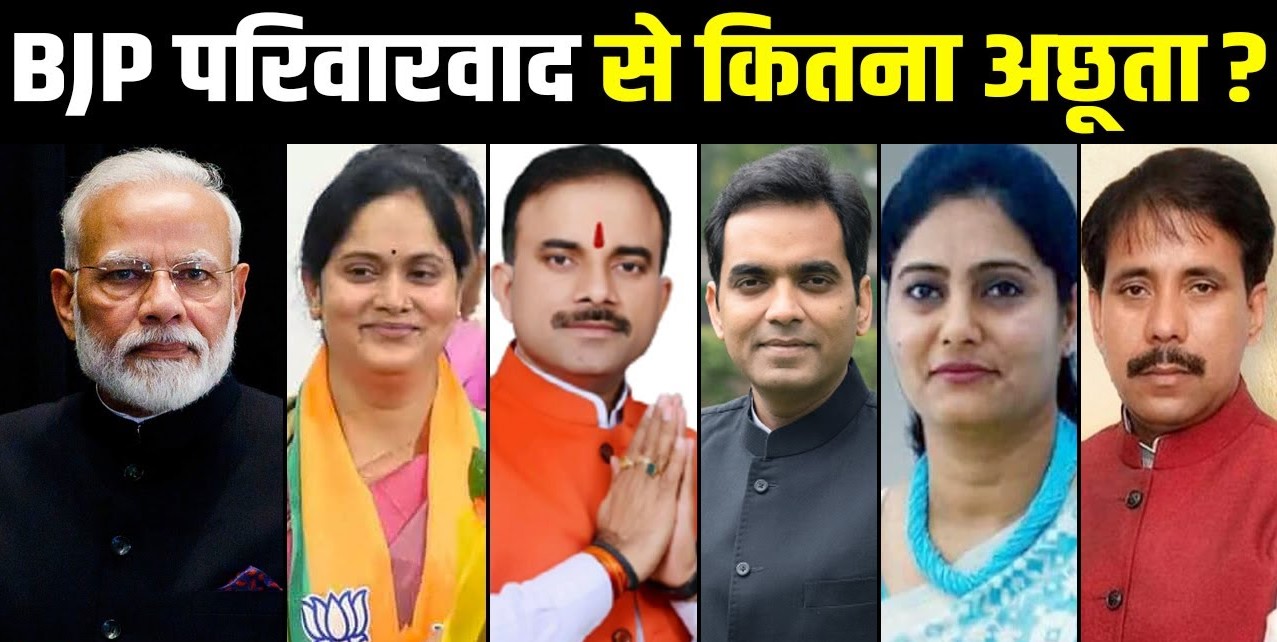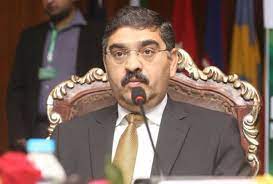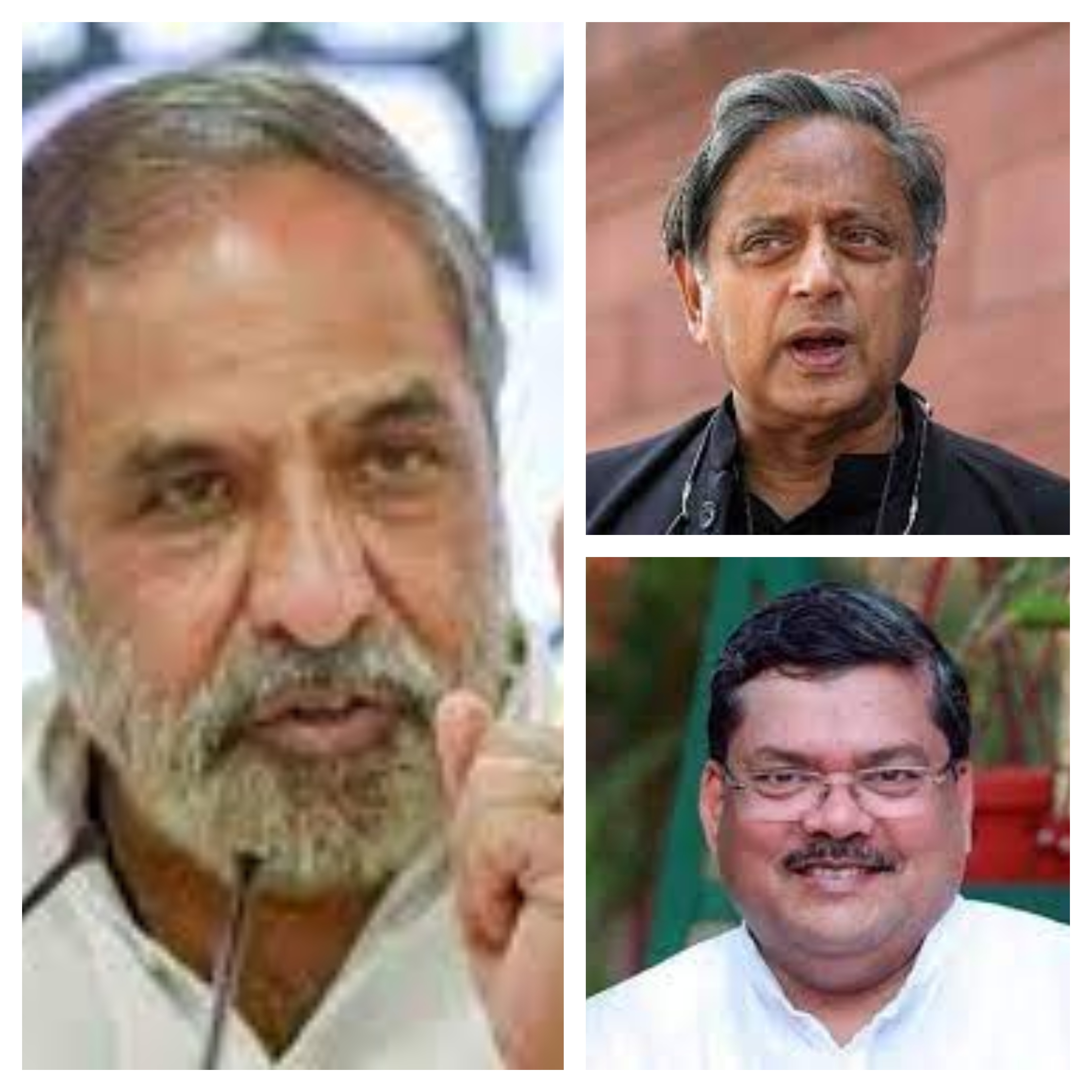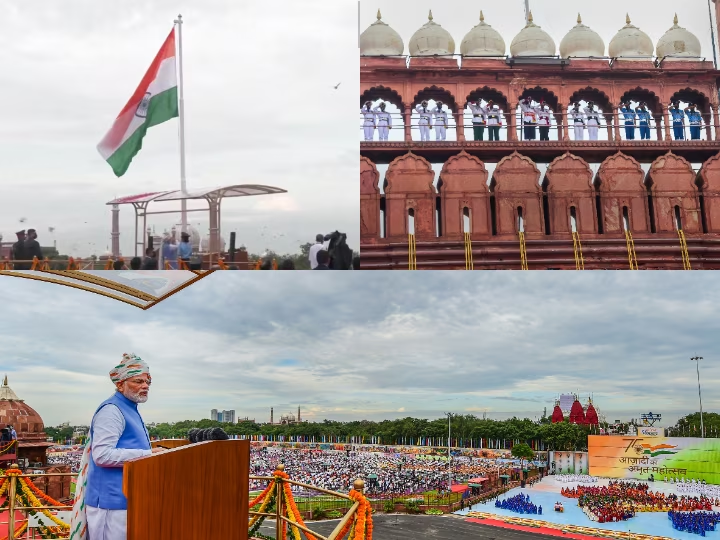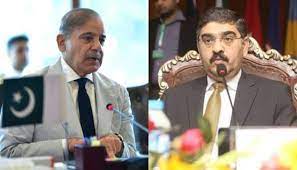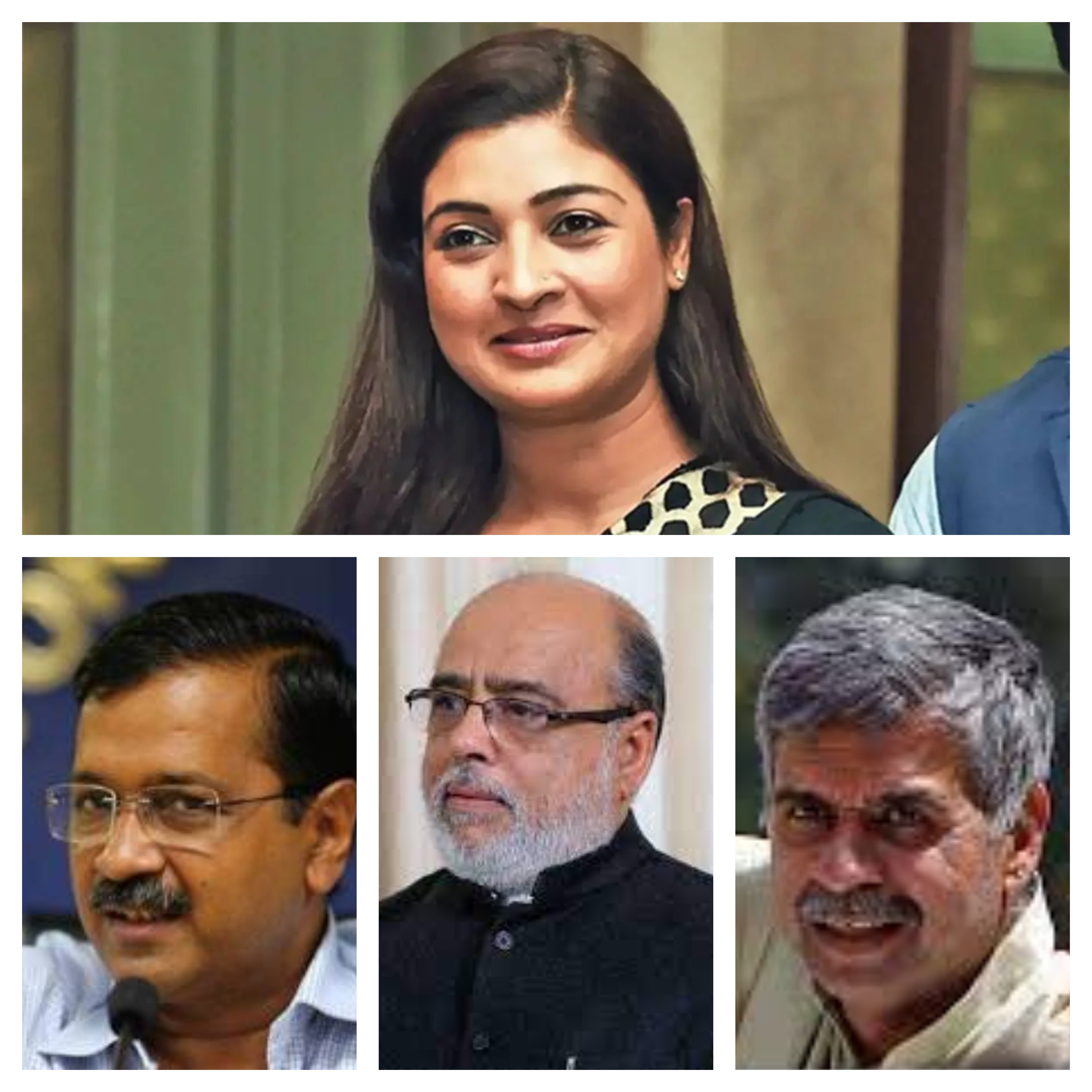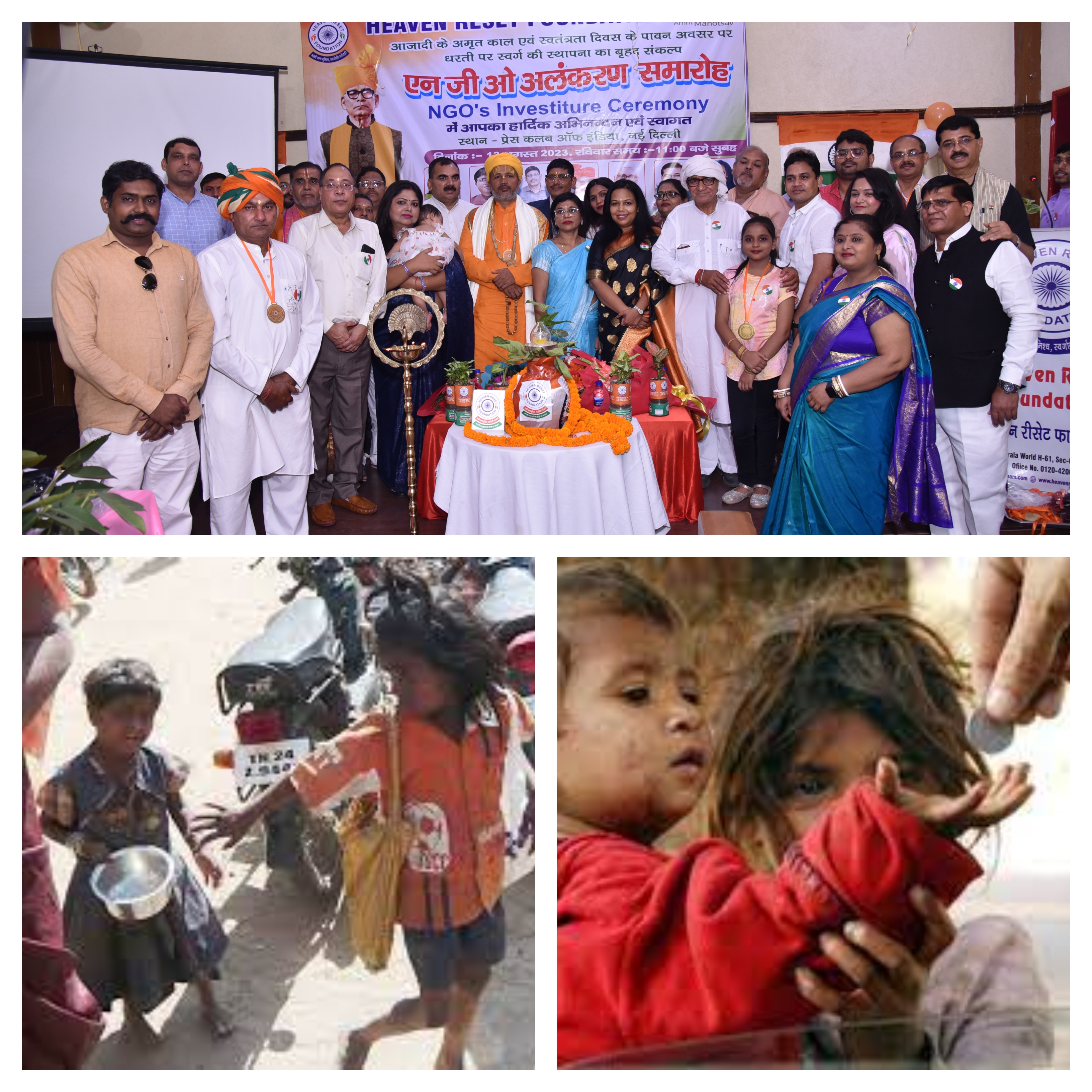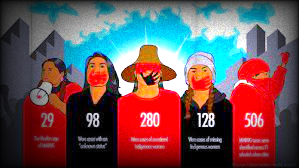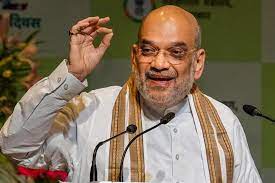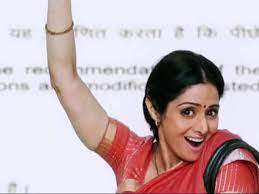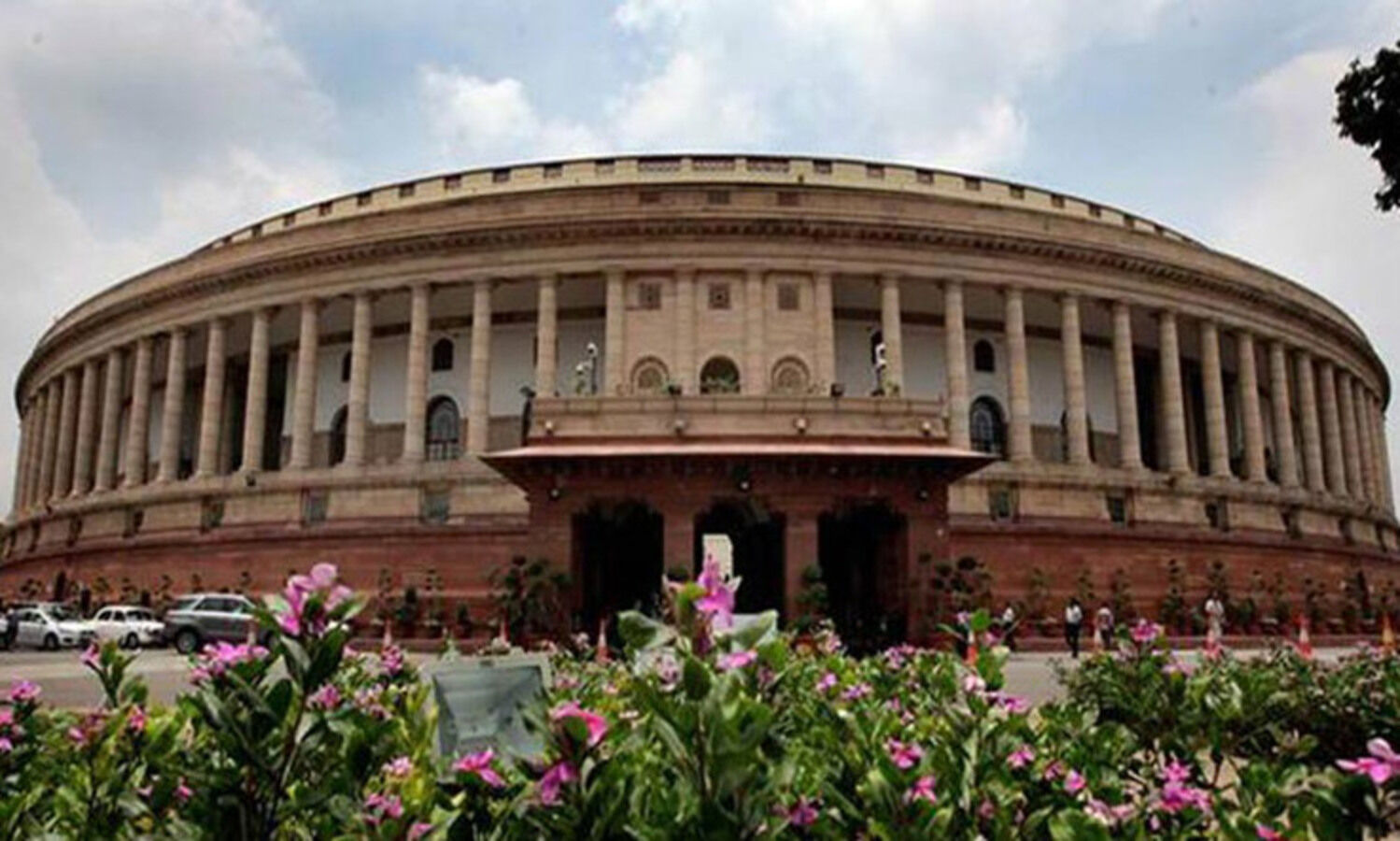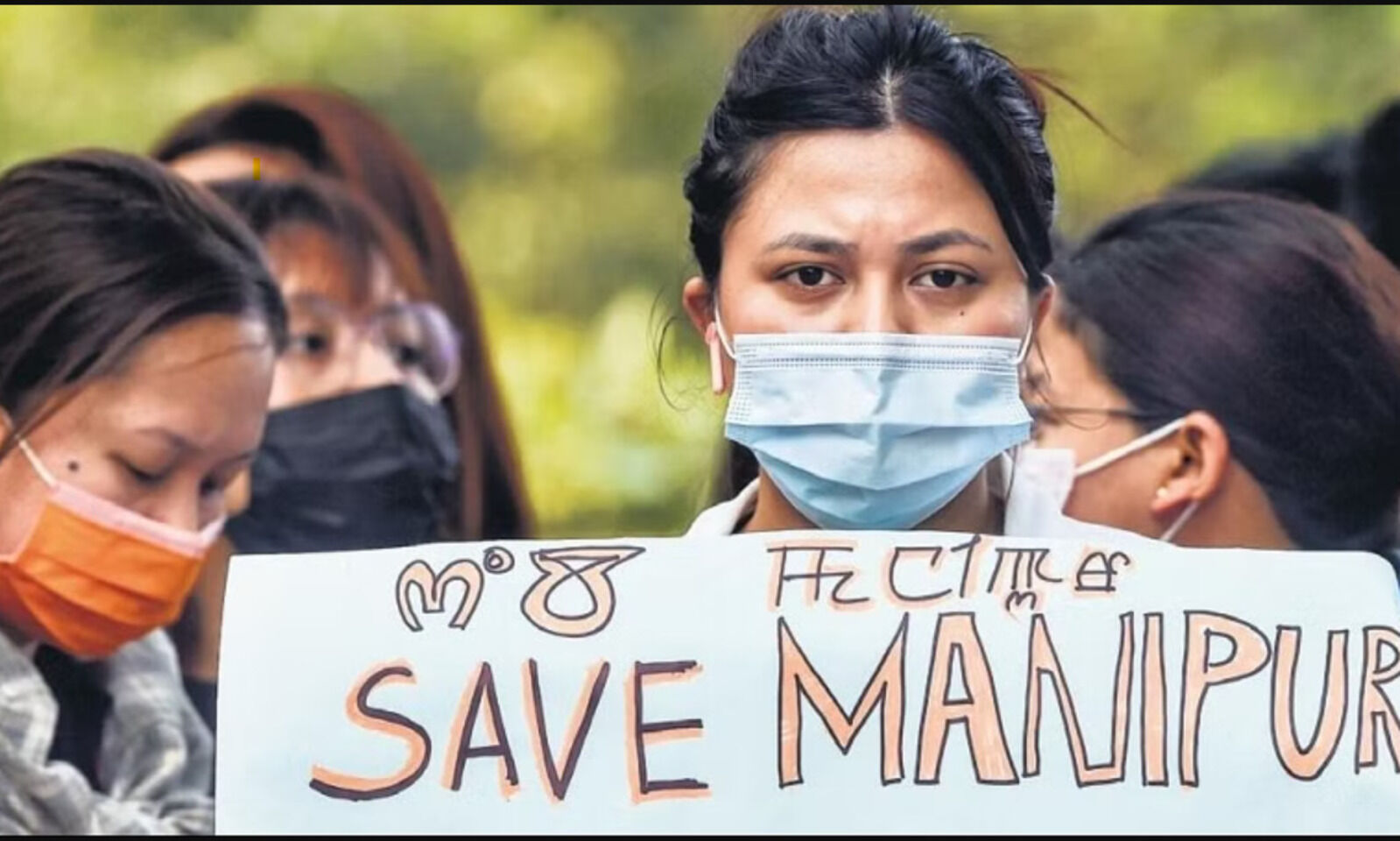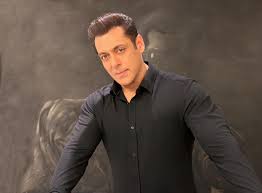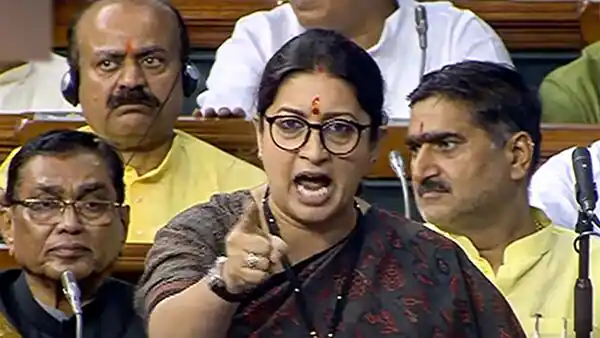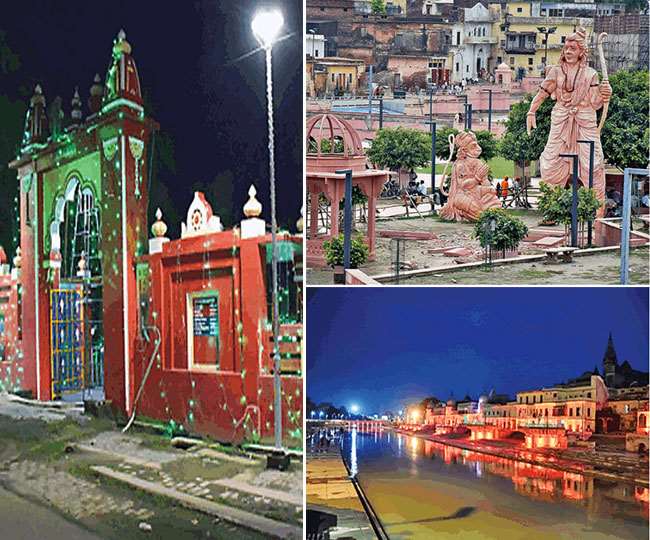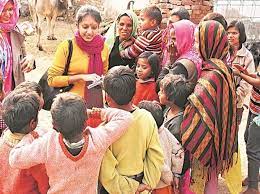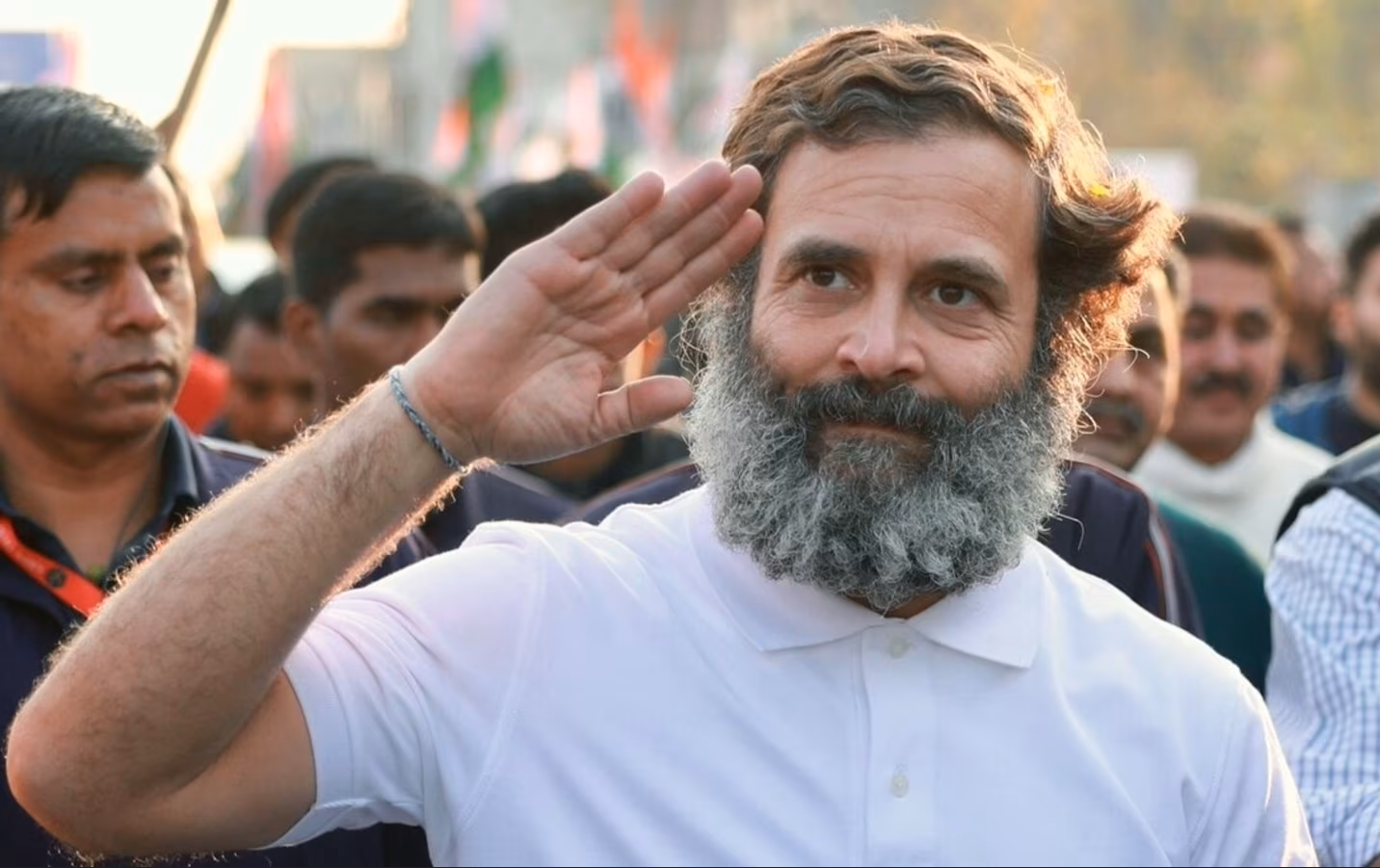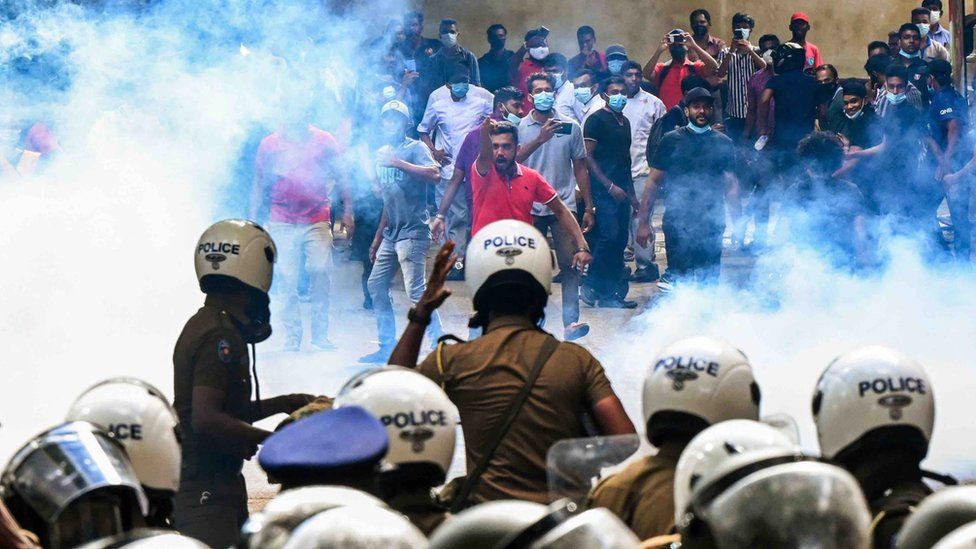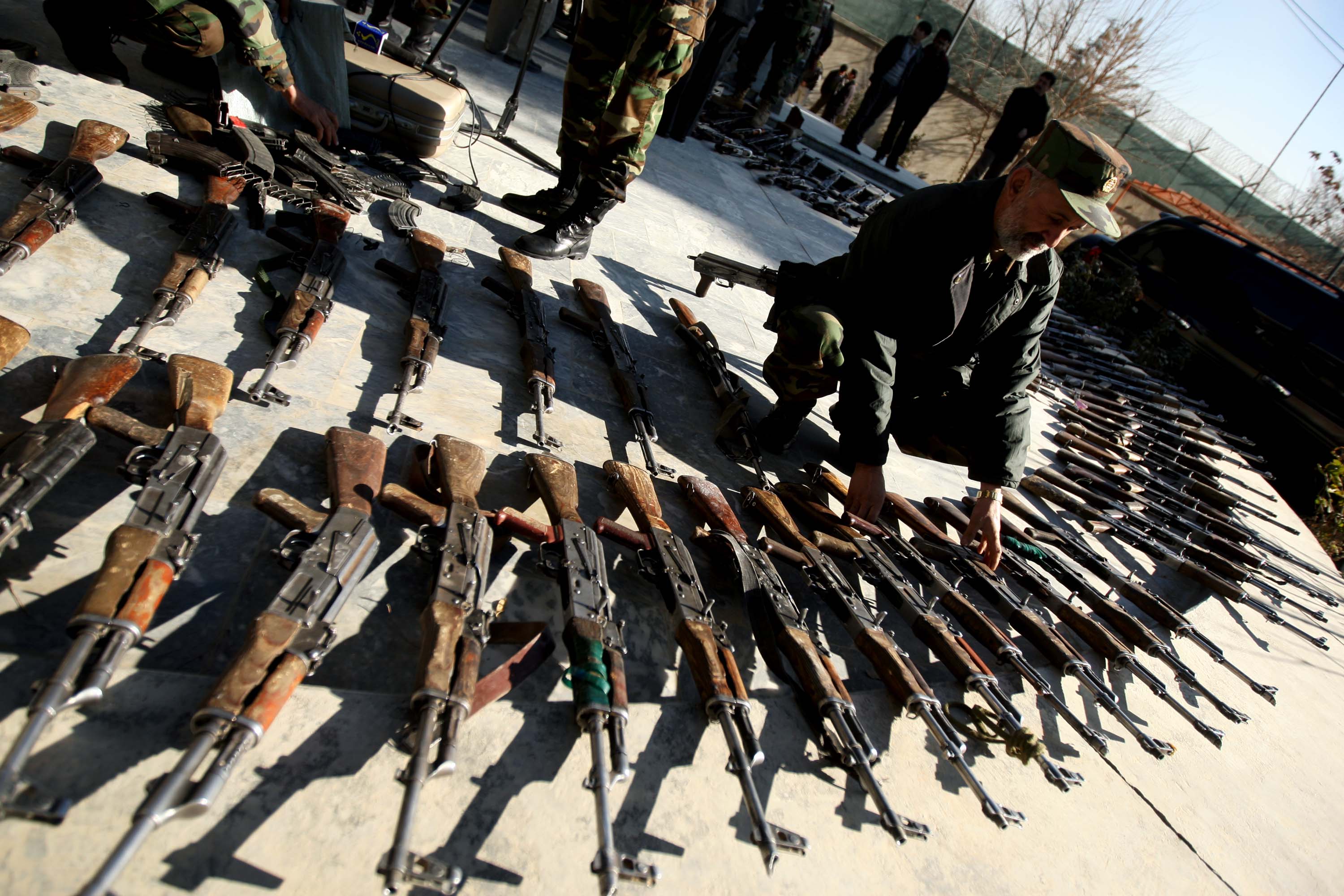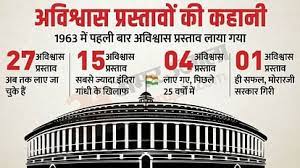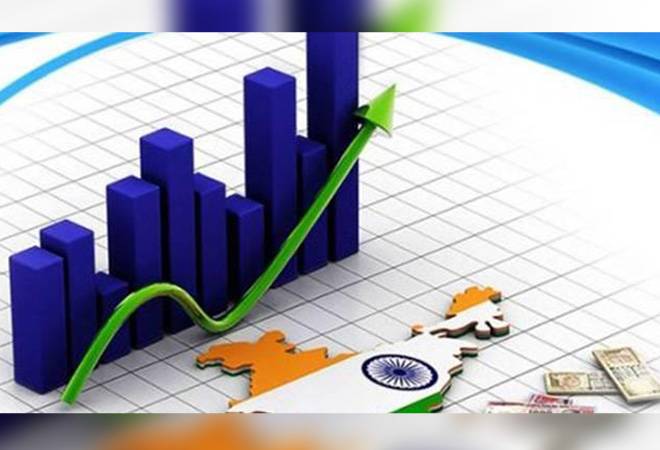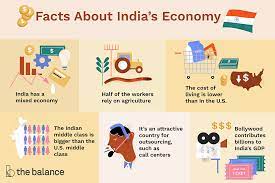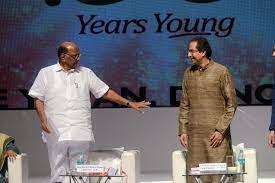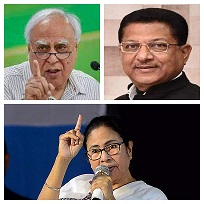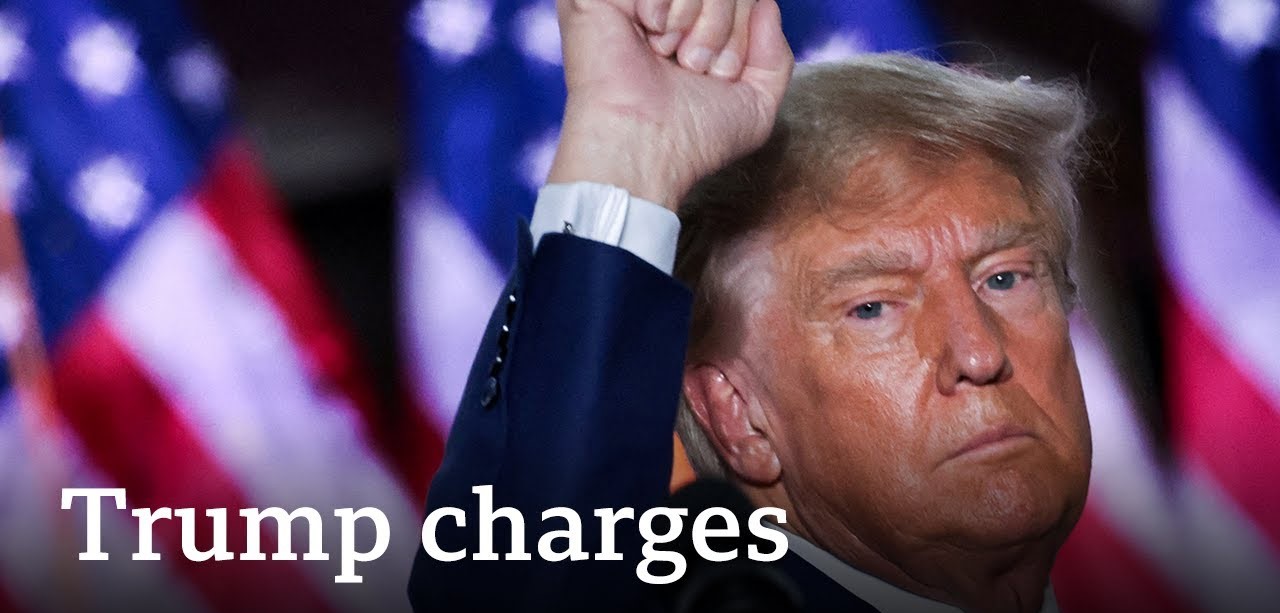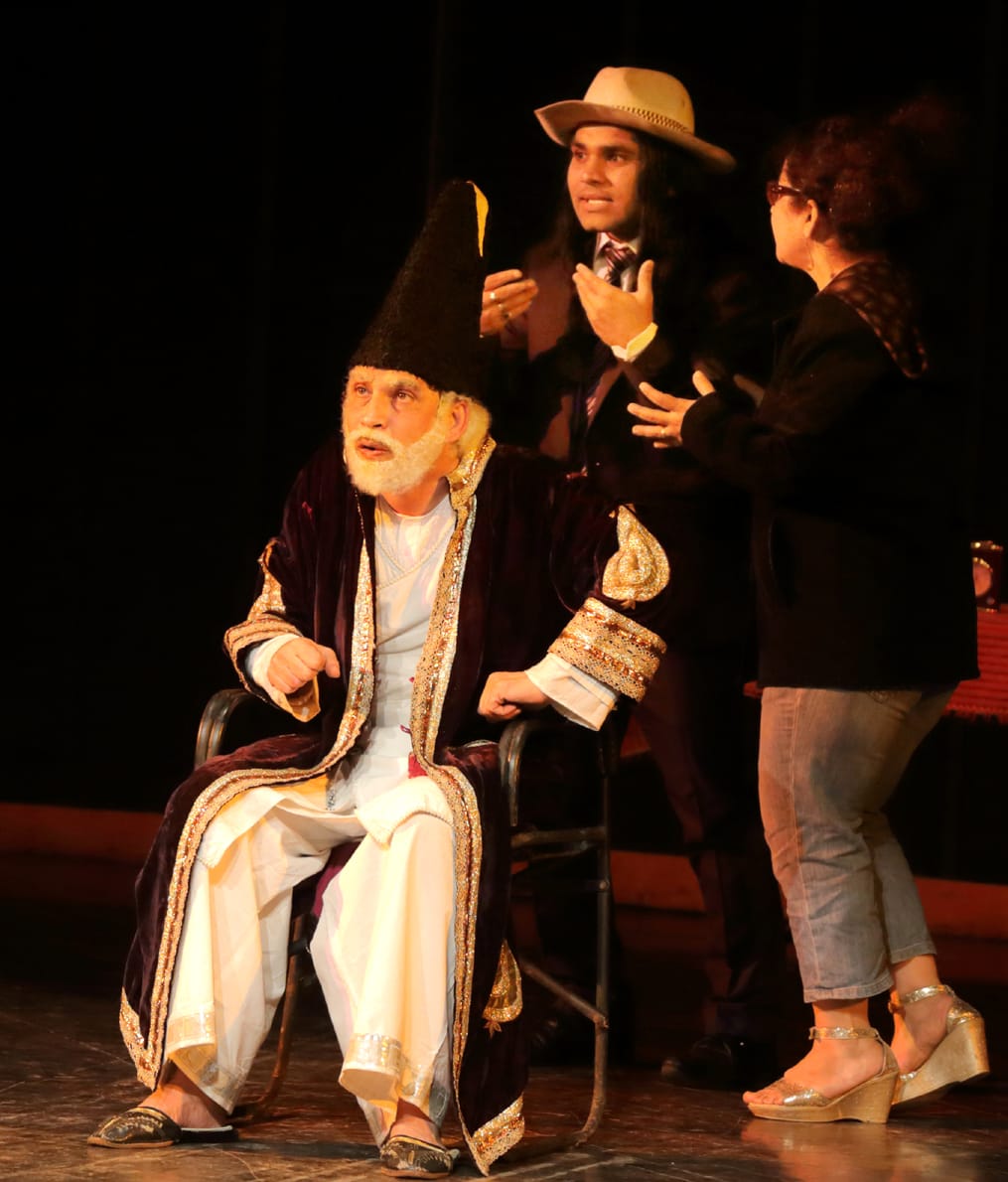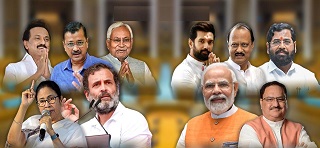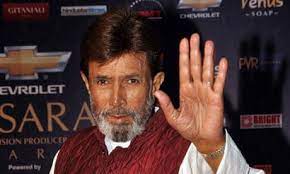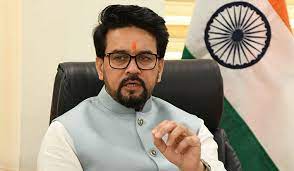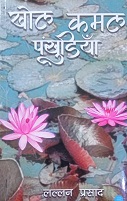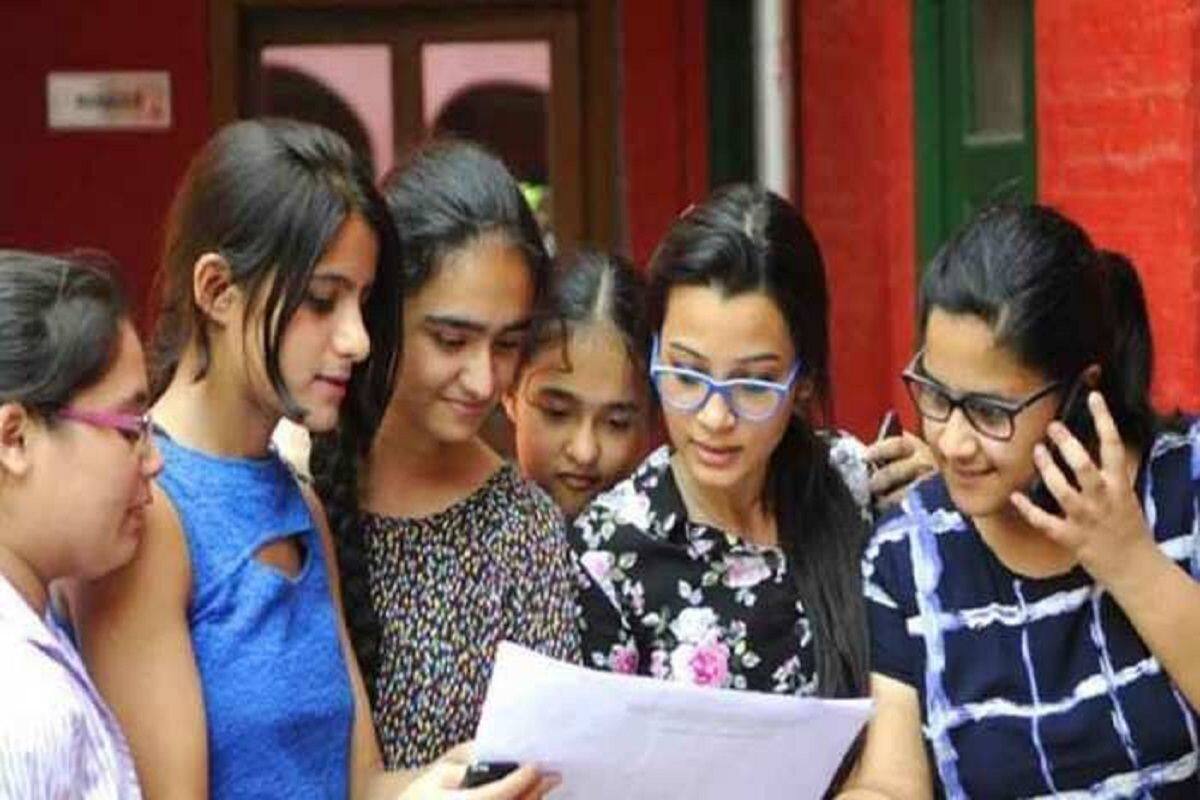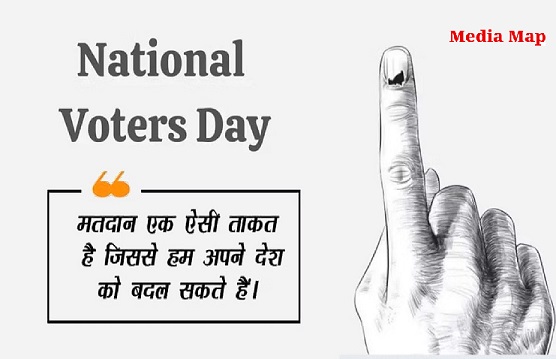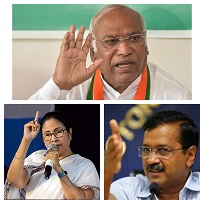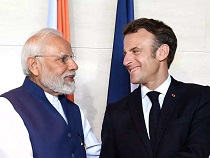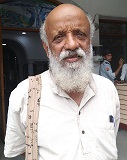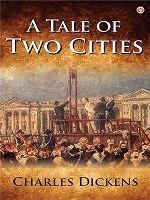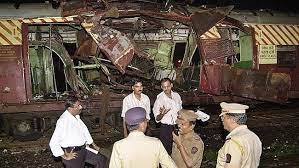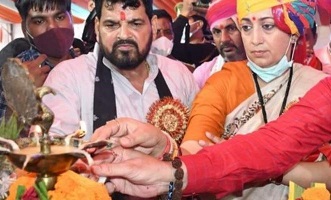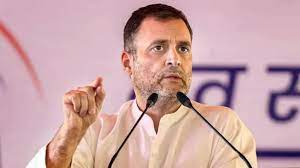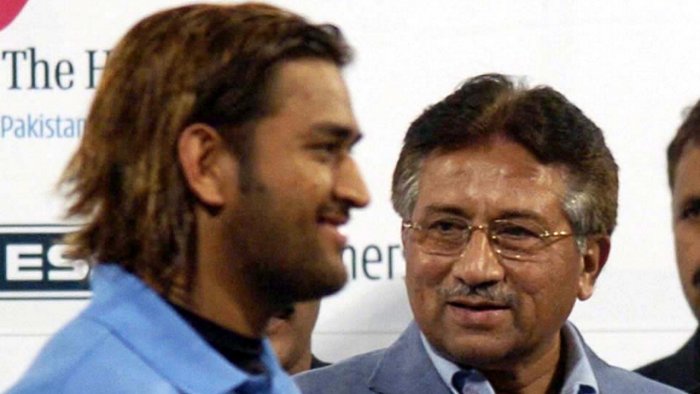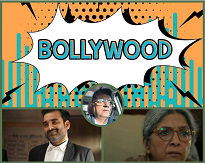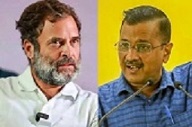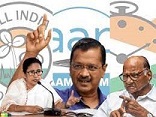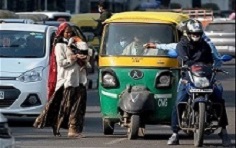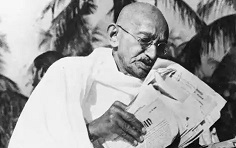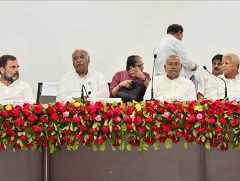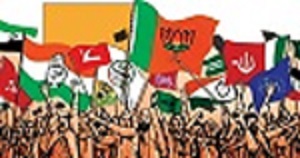29

By Pradeep Mathur
Since Rahul Gandhi's Bharat Jodo Yatra is now over we can sit back and try to understand its impact on the socio-political scene in real terms. All sorts of theories are being put forward about its likely impact on the Lok Sabha elections next year. It is a reflection of the political culture of recent years that we cannot see any development in public life in terms other than elections. However, the Yatra which impacted lakhs of people in 14 states in the past five months has certainly changed the social climate of the country which may or may not be reflected in the outcome of assembly elections scheduled this year and beyond.
For mobilizing support for his Yatra and the moribund Congress party Rahul rightly picked up the issues of doubt these issues touch an average person.
Issues of personal self-interests always attract an average person. The promise of free electricity, free education, free health care, and regular substance allowance to women and senior citizens certainly helps a political party in getting big support from voters. We know that Jayalalitha's formidable support base in Tamil Nadu was built on free sarees and rice at a subsidized price to people. In this background, BJP's massive support based on emotional issues like Hinduvat and rashtravad has been a bit of a surprise. Perhaps realizing that emotions don't satisfy hunger the BJP government has now taken to the free distribution of food grains to the country's poor.
However, Rahul Gandhi's Yatra sought to raise the level of public discourse above these mundane issues that influence voter behavior in an election. His stress on communal harmony and a culture of love against hate based on differences of creed, caste, language, and ethnicity gave a new direction to Indian politics. This coupled with the concern he showed for the poor and disadvantaged sections of society and usurping of their interests by some moneybags with Modi government backing took the debate back to the pre-liberalization era.
The big question is if the by now safely forgotten socialist thought and liberal democratic polity again attracting the people.
The question assumes significance in view of political developments in many parts of the world, especially in Latin America and Western Europe where politicians with a liberal approach are being preferred over conservative parties. In fact, the trend was visible even in the last presidential elections voters in the U.S. preferred a liberal Joe Biden over a conservative and pro-big business Donald Trump.
Rahul Gandhi's persistent attacks on Adani and Ambani and his rejection of overtures from Adani are a clear indication of a shift towards Left of Centre politics, which was the ideological line of the Congress in the pre-economic liberalization era. Liberalization set in a climate of economism which generally raised living standards but diluted concern for the downtrodden and disadvantaged sections. This deprived the Congress of any ideological ground to stand. Little wonder it had to surrender before the ideology of Hinduvat and rashtravad championed by the BJP.
The real significance of the Rahul yatra is in its attempt to give itself the ideological plank it lost and built an alternative narrative opposed to the BJP-RSS narrative of Hindu communalism.
The Yatra has also succeeded in breaking the presented controlled socio-political atmosphere that the totalitarian trend of RSS-BJP created in the Modi era. It will not be wrong to say that it has saved the country from being a neo-fascist state in which the press is gagged, civil society institutions are not allowed to operate and the voice of opposition to the ruling establishment is rudely suppressed. Rahul can certainly be credited to save the liberal democratic culture of post-Independent India.
The Opposition parties putting up a joint front and unseating the BJP from power is not so important as the fact that the coming elections will be on a level playing field. The Opposition leaders will not choose their options for the fear of inquiries and raids by CBI and ED and the ruling BJP will have to seriously answer questions about price rise, unemployment, sluggish growth, and the situation on the country's borders. Blaming the Congress rule and abusing Nehru for the ills of the country will not work as the Yatra has succeeded in restoring an atmosphere of critical public discourse in the country.
The Rahul Yatra has also sensitized political leaders and activists about the need for living contact with the masses of the country. It has given a clear message to media-built political stars that to do real politics they will have to come out of TV studios. Talking to the media is not enough. A read public figure will have to talk to the masses in rural and semi-urban areas.
How much the Yatra has succeeded in killing the communal virus is difficult to say. But it has certainly promoted a culture of debate among the masses on crucial issues. And this is important to save our democratic structure and constitutional institutions. This is more important than winning or losing an election.












































































































































































































































































































































































































































































































































































































































































































































































































































































































































































































































































































































































































































































































































































































































































